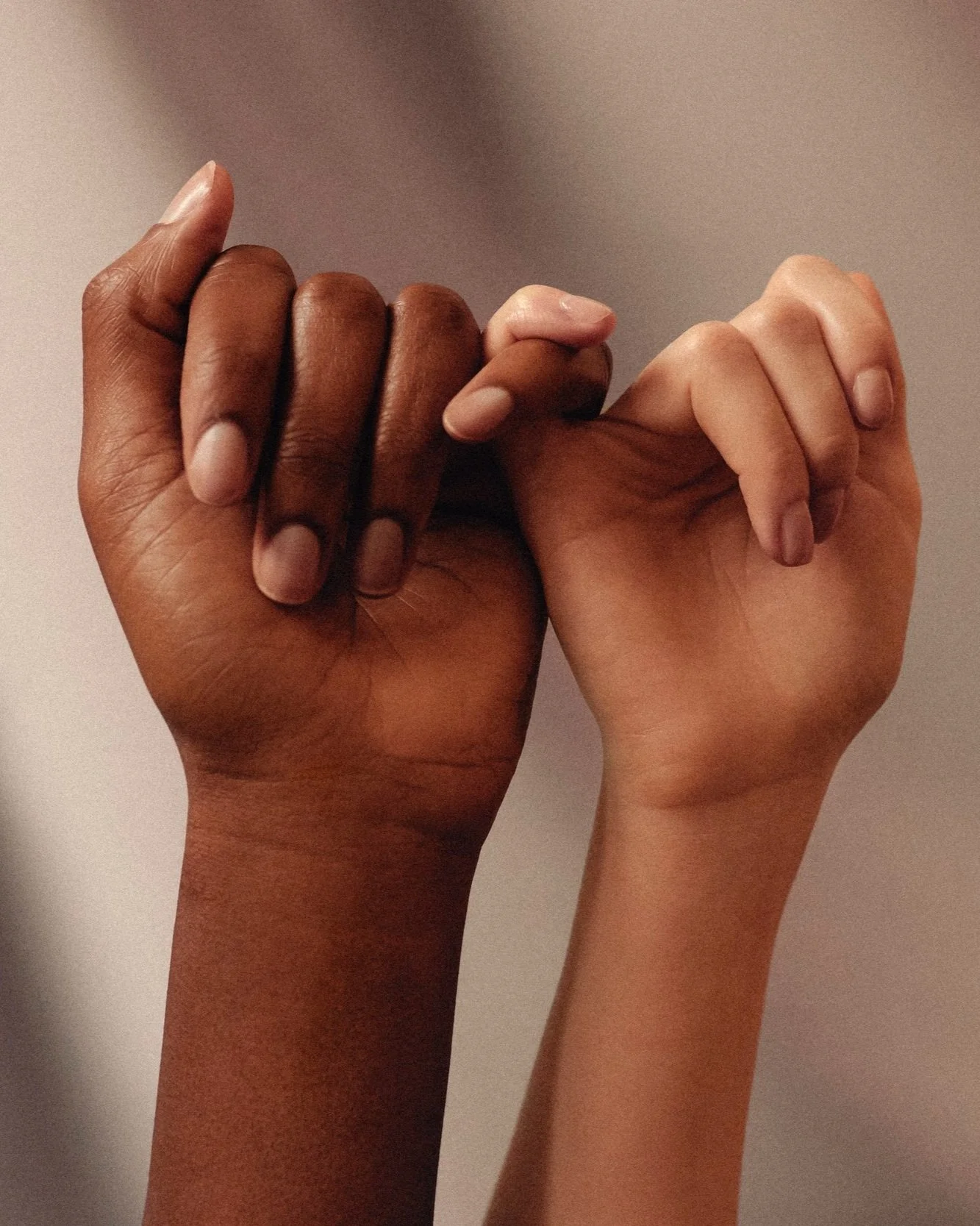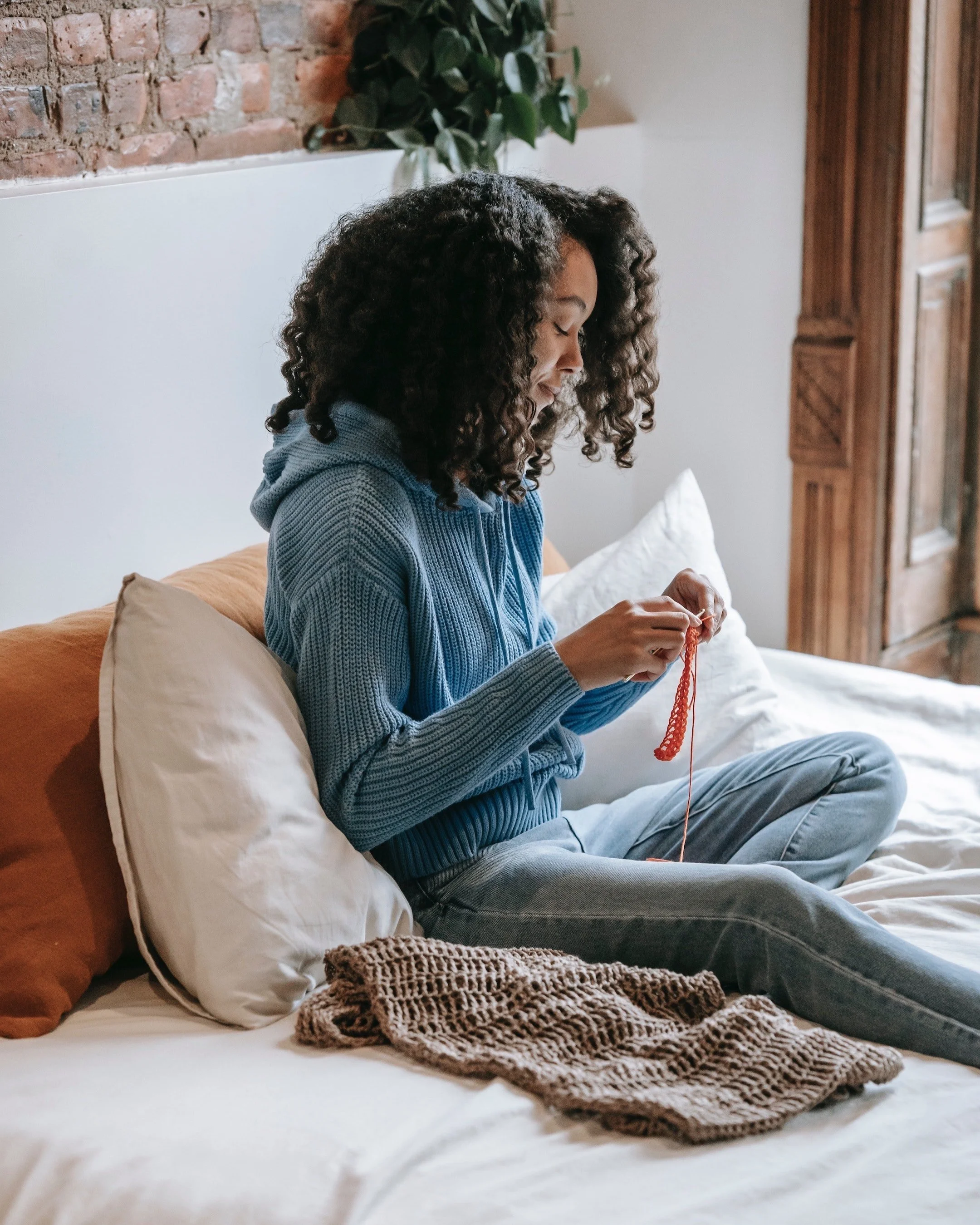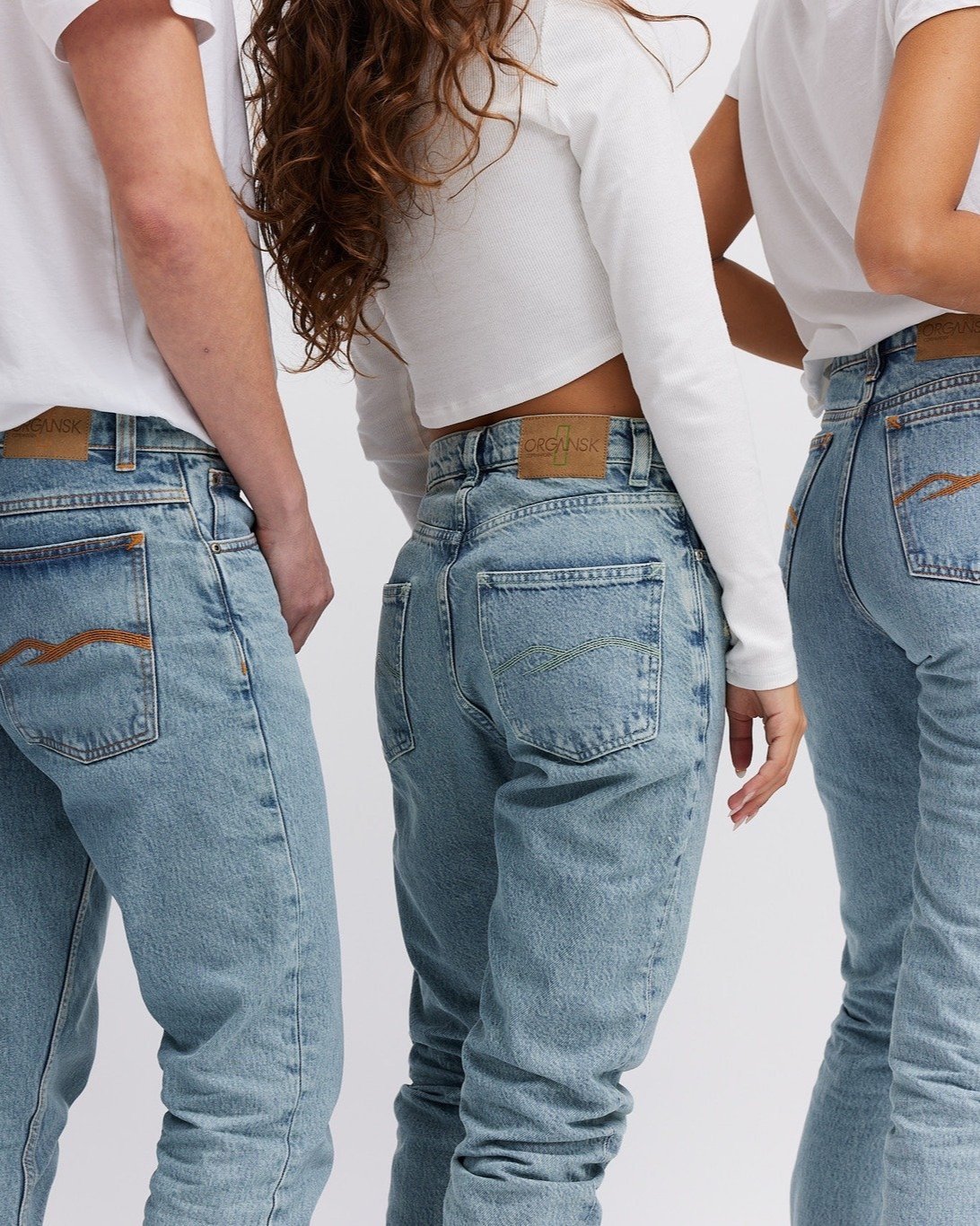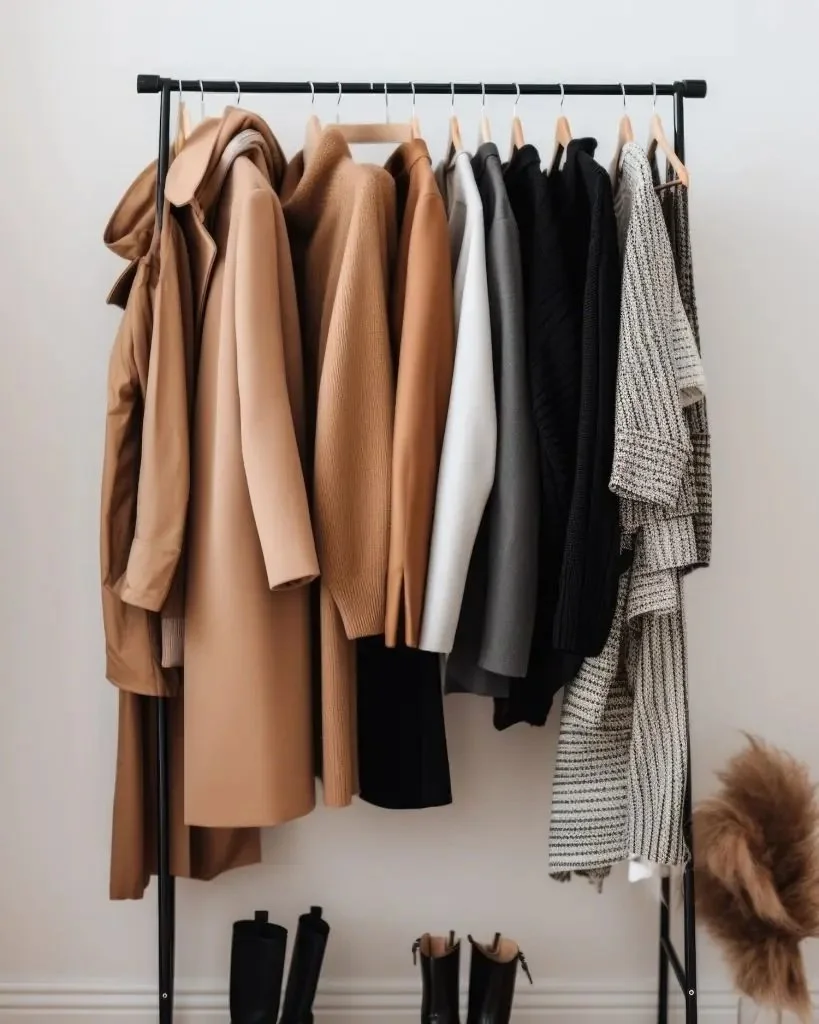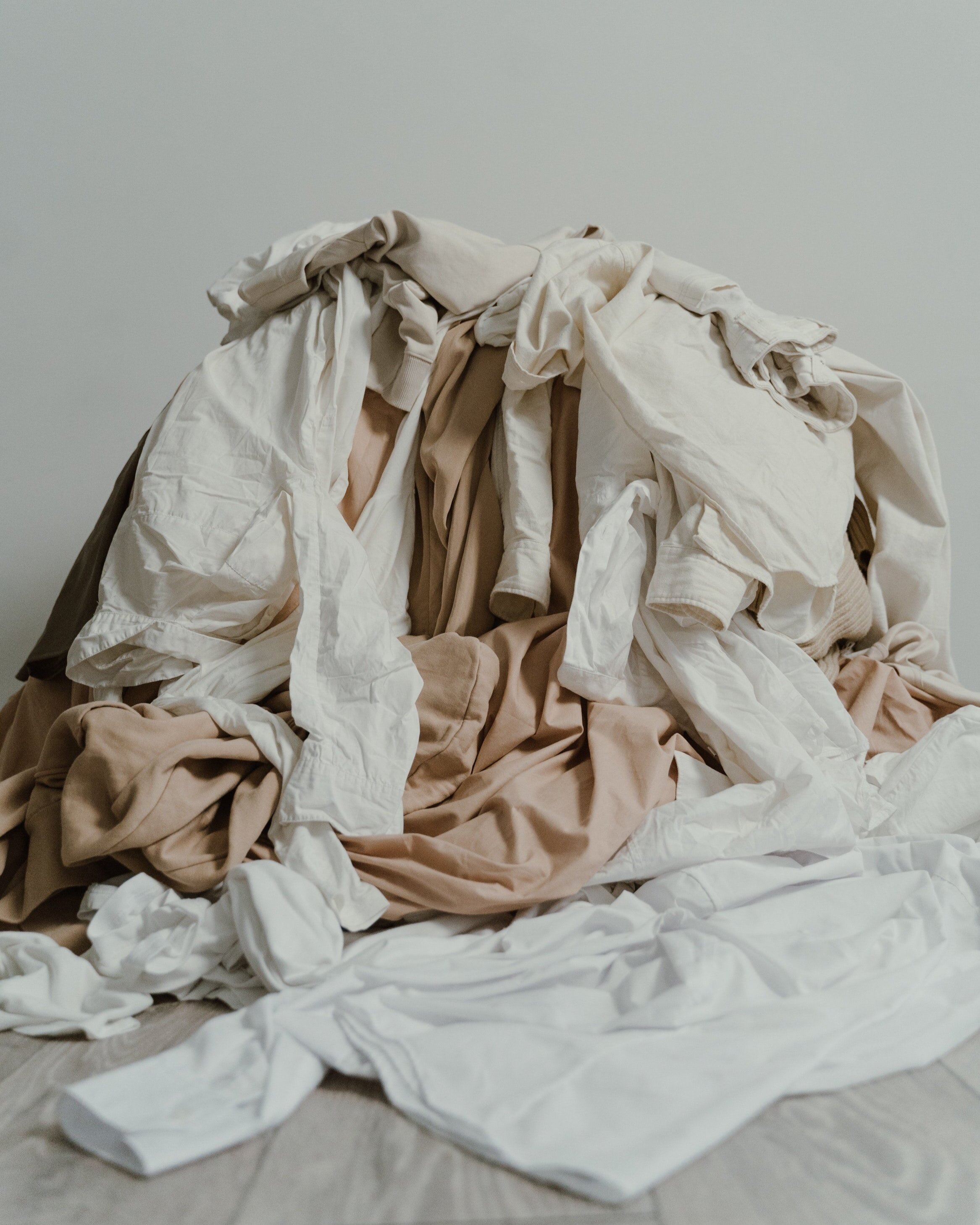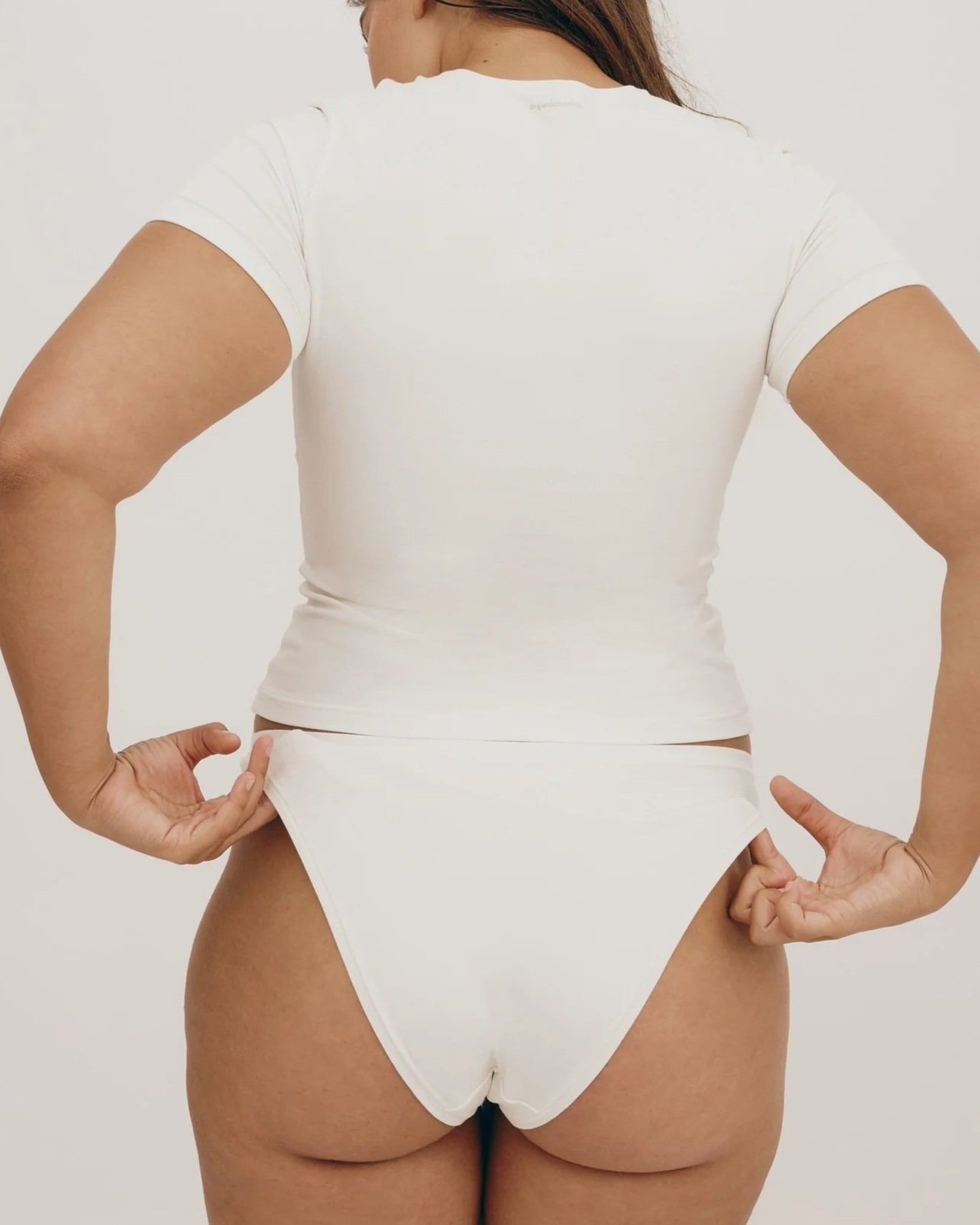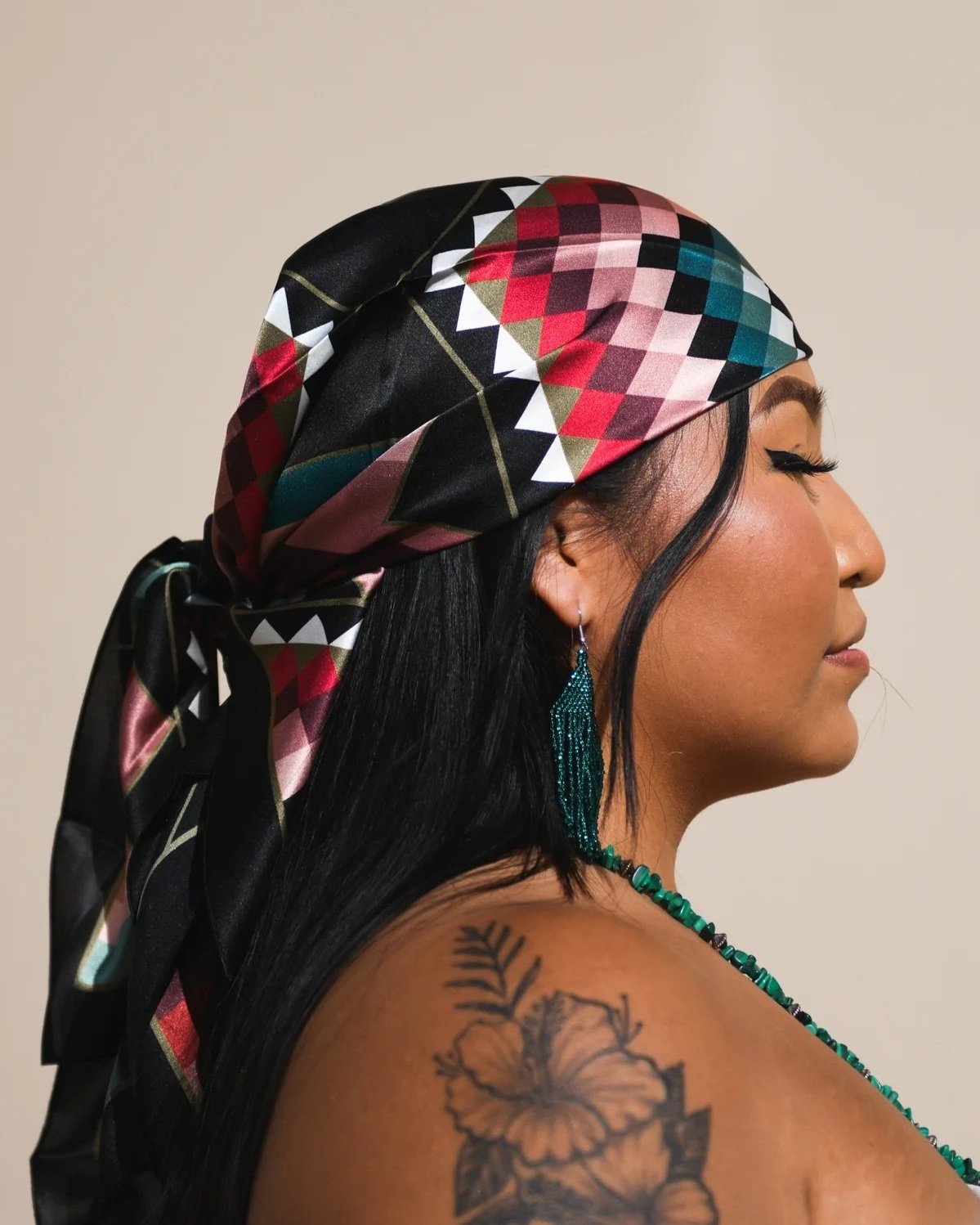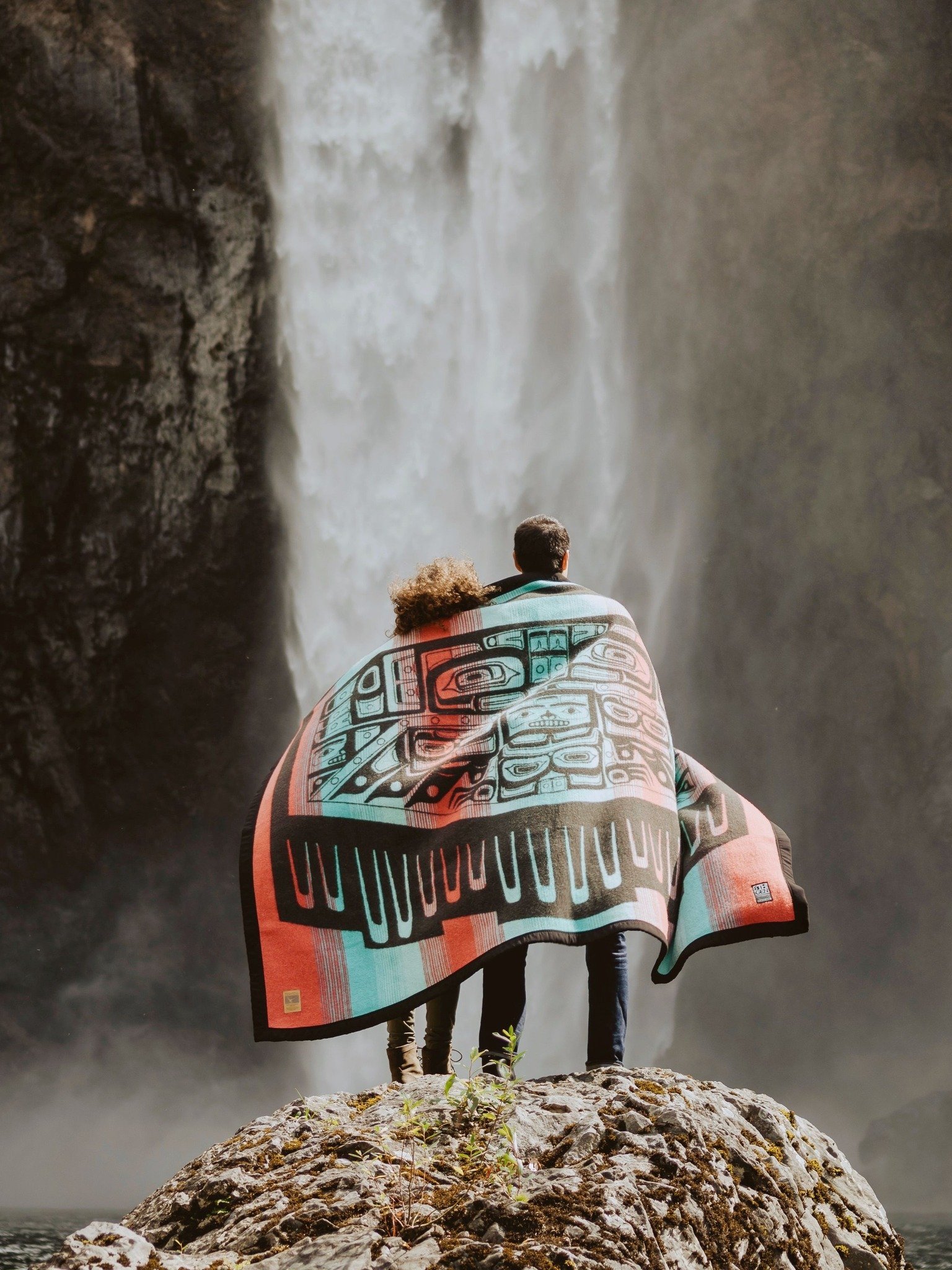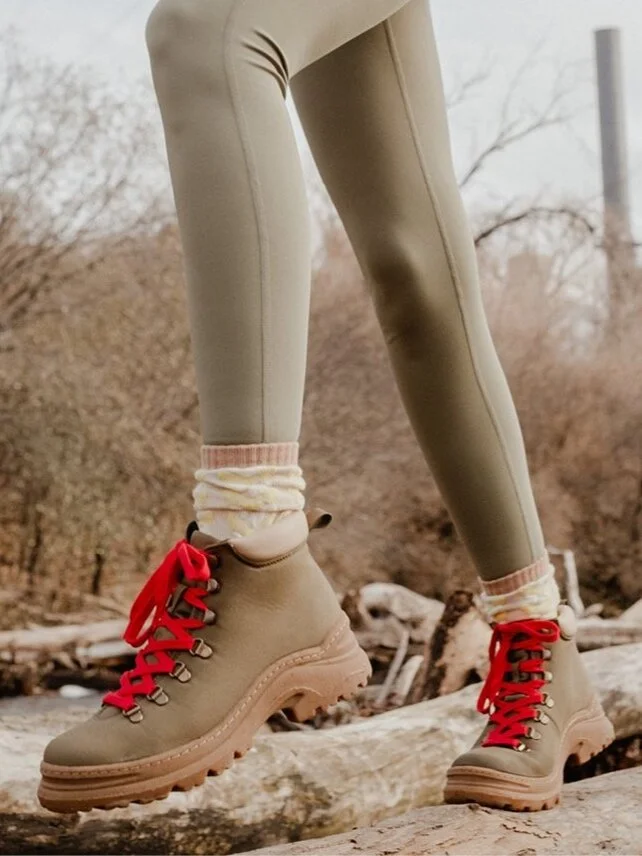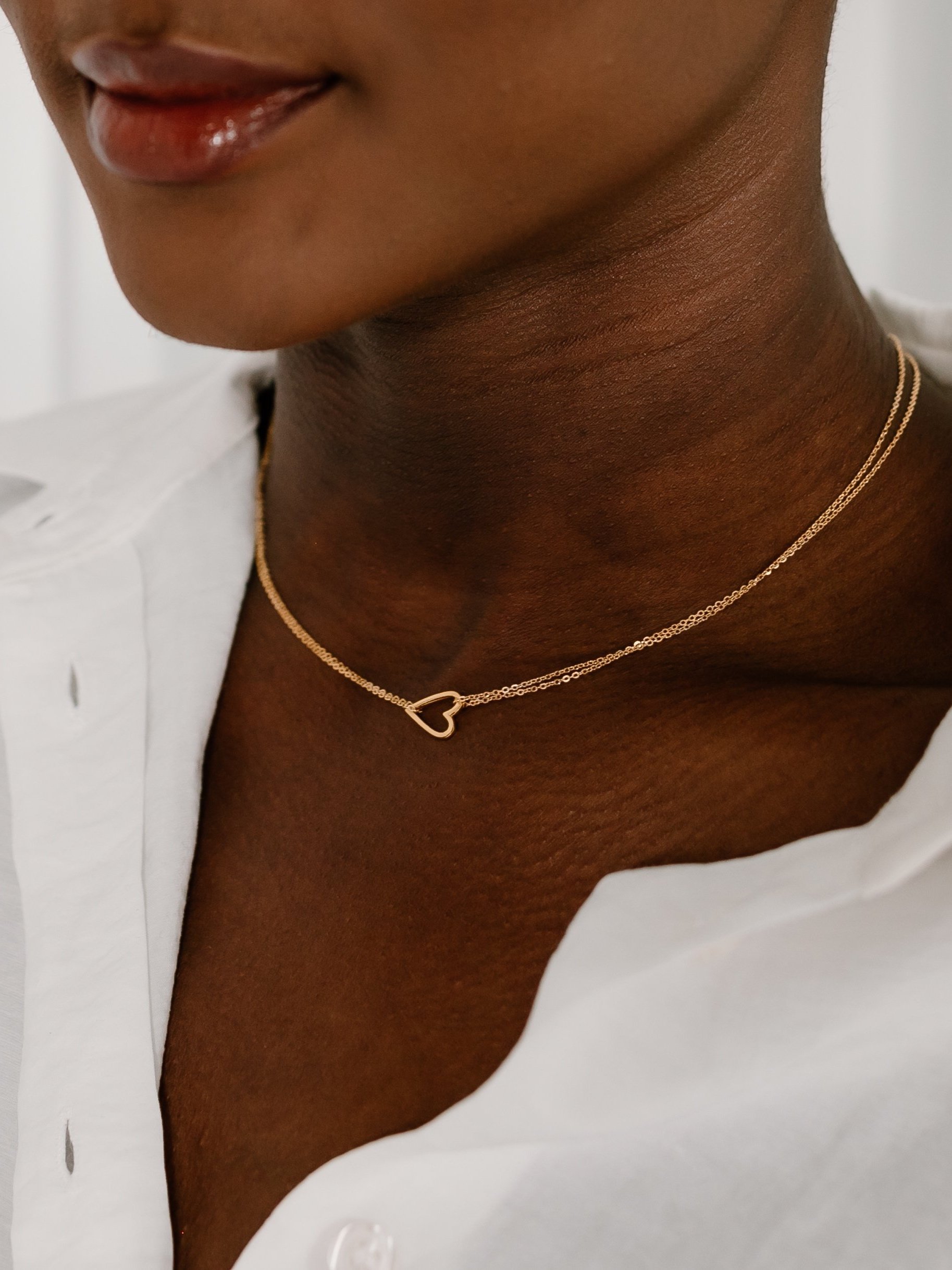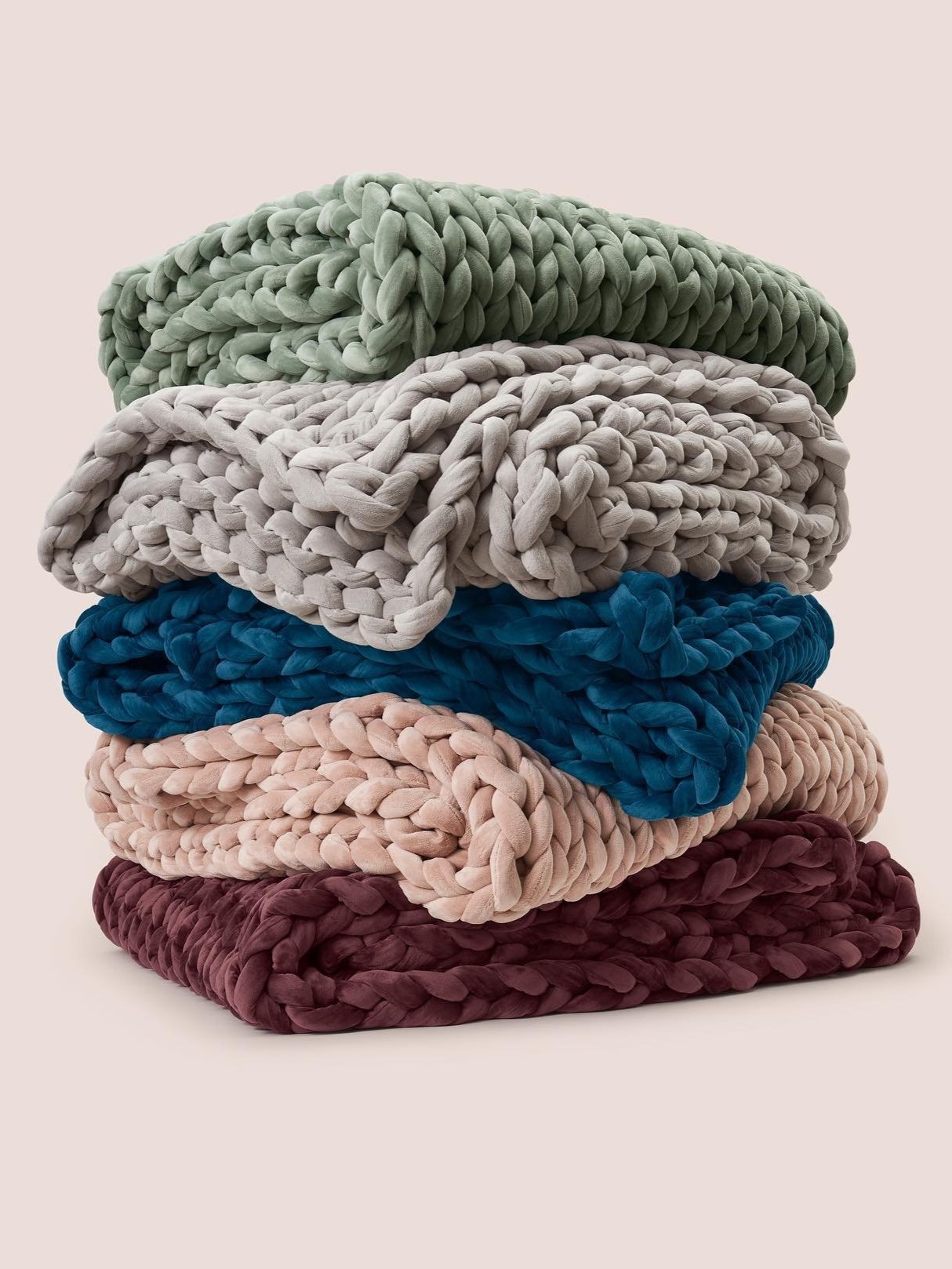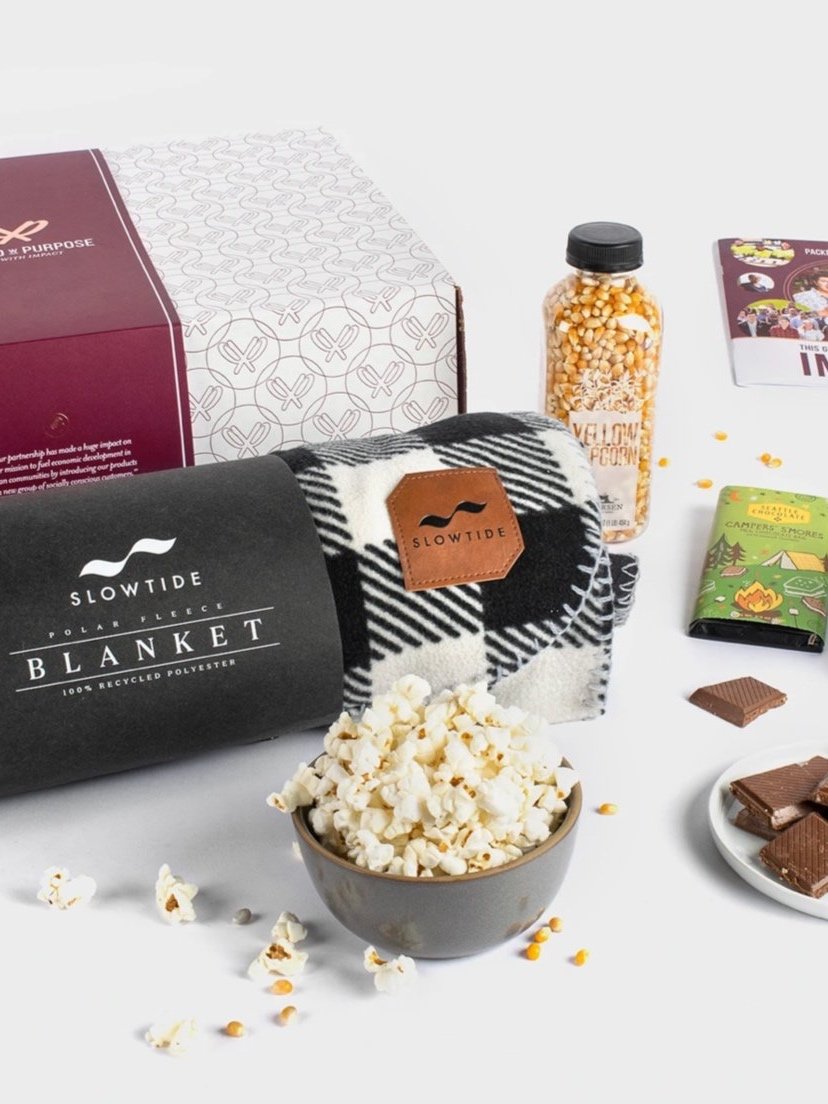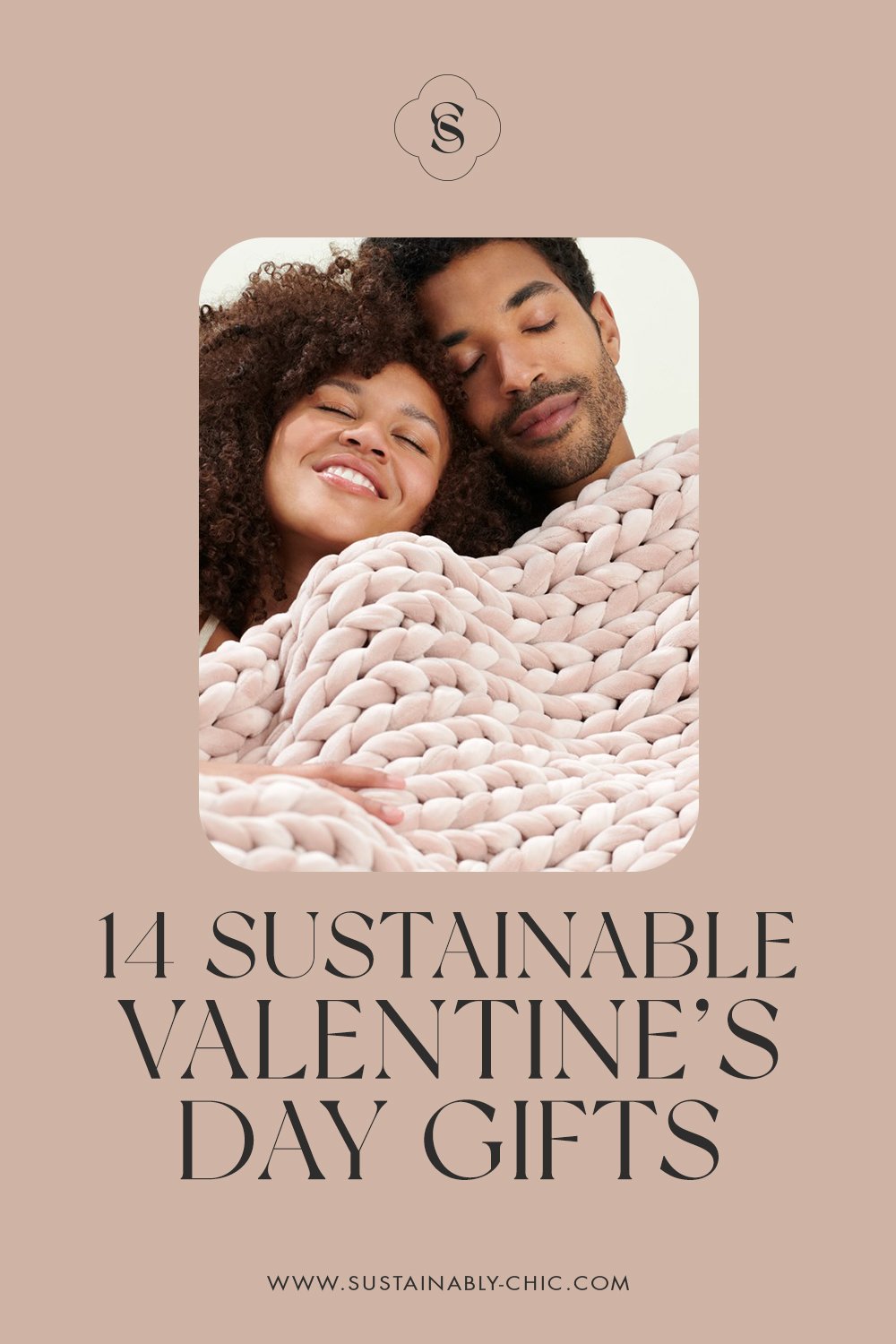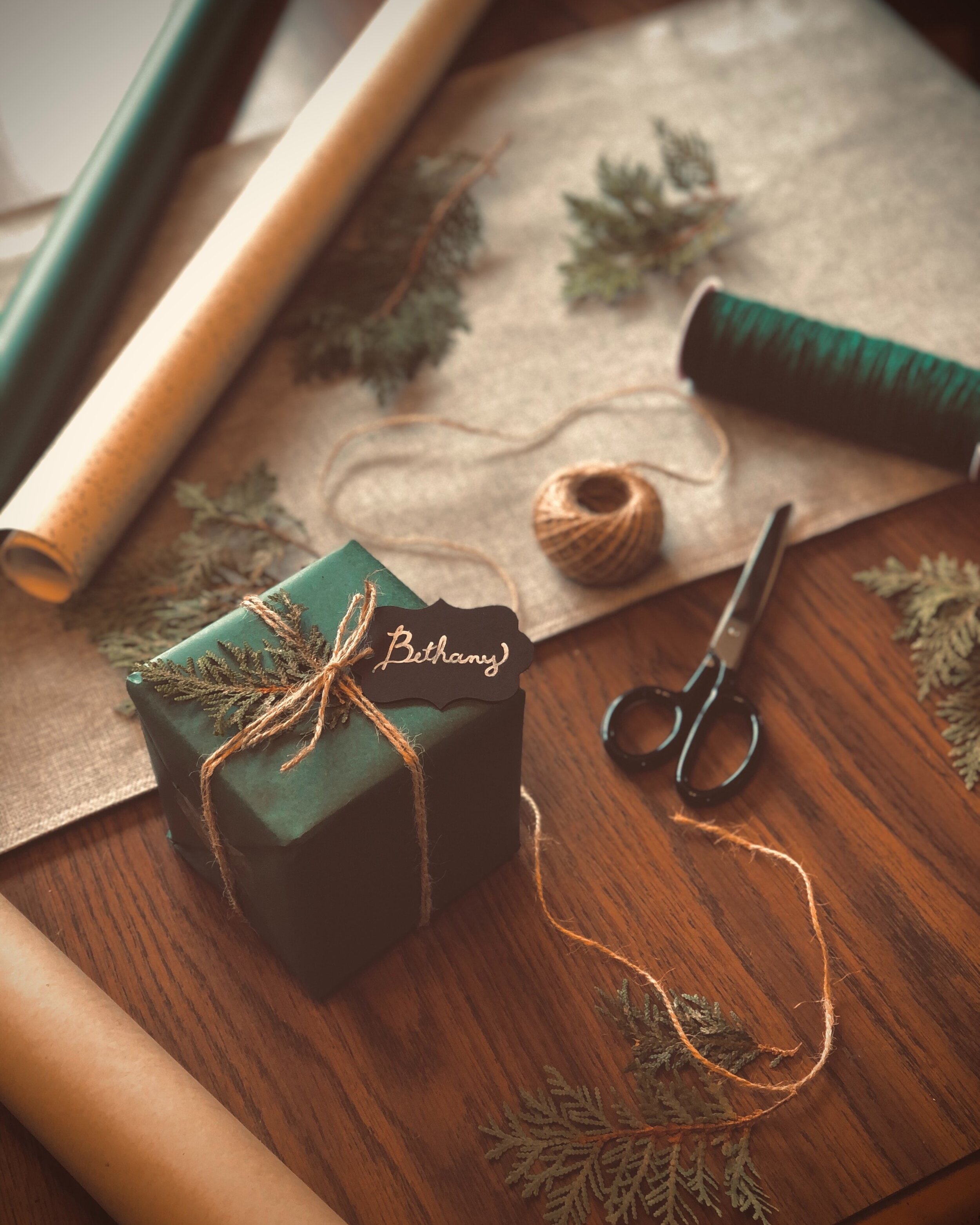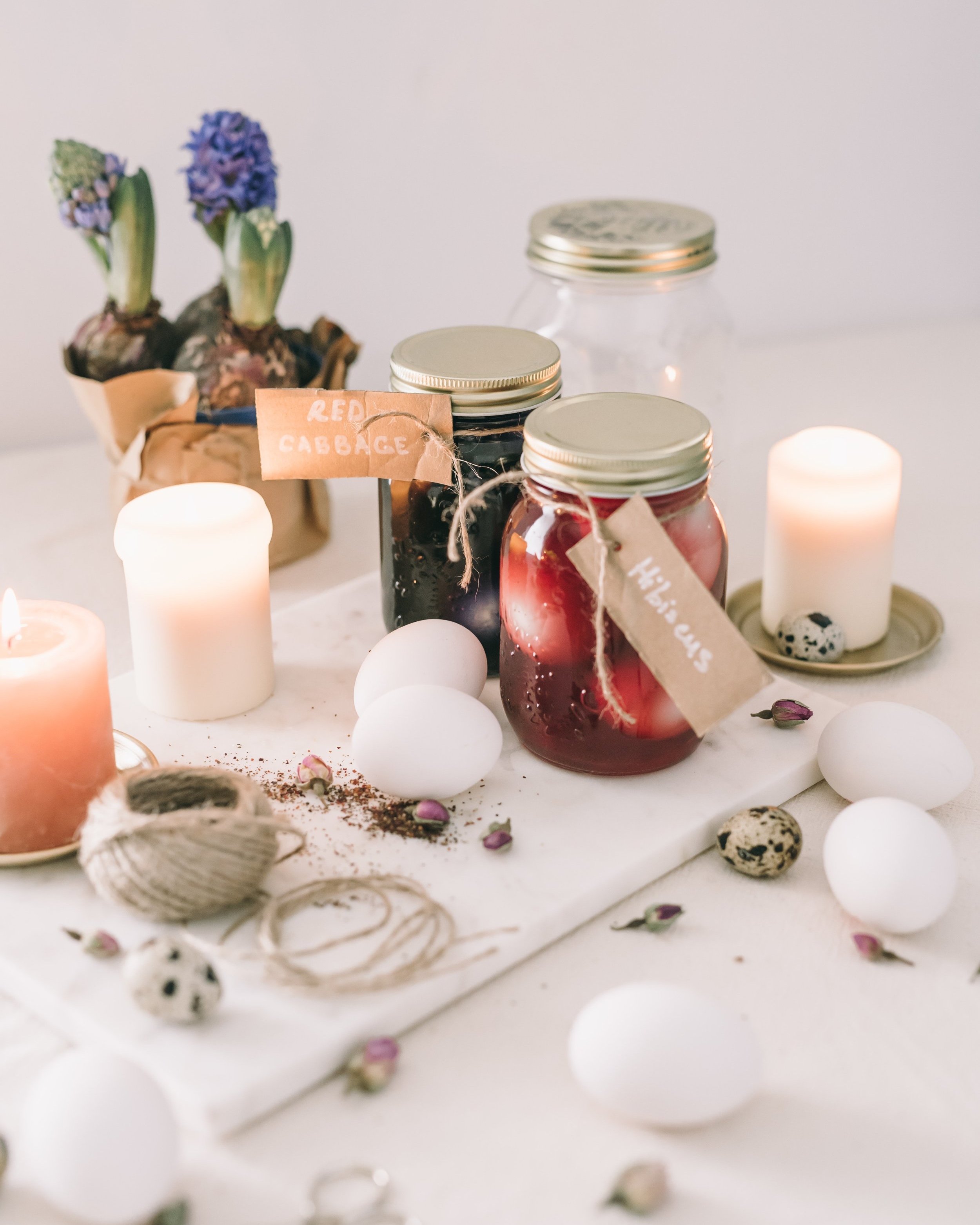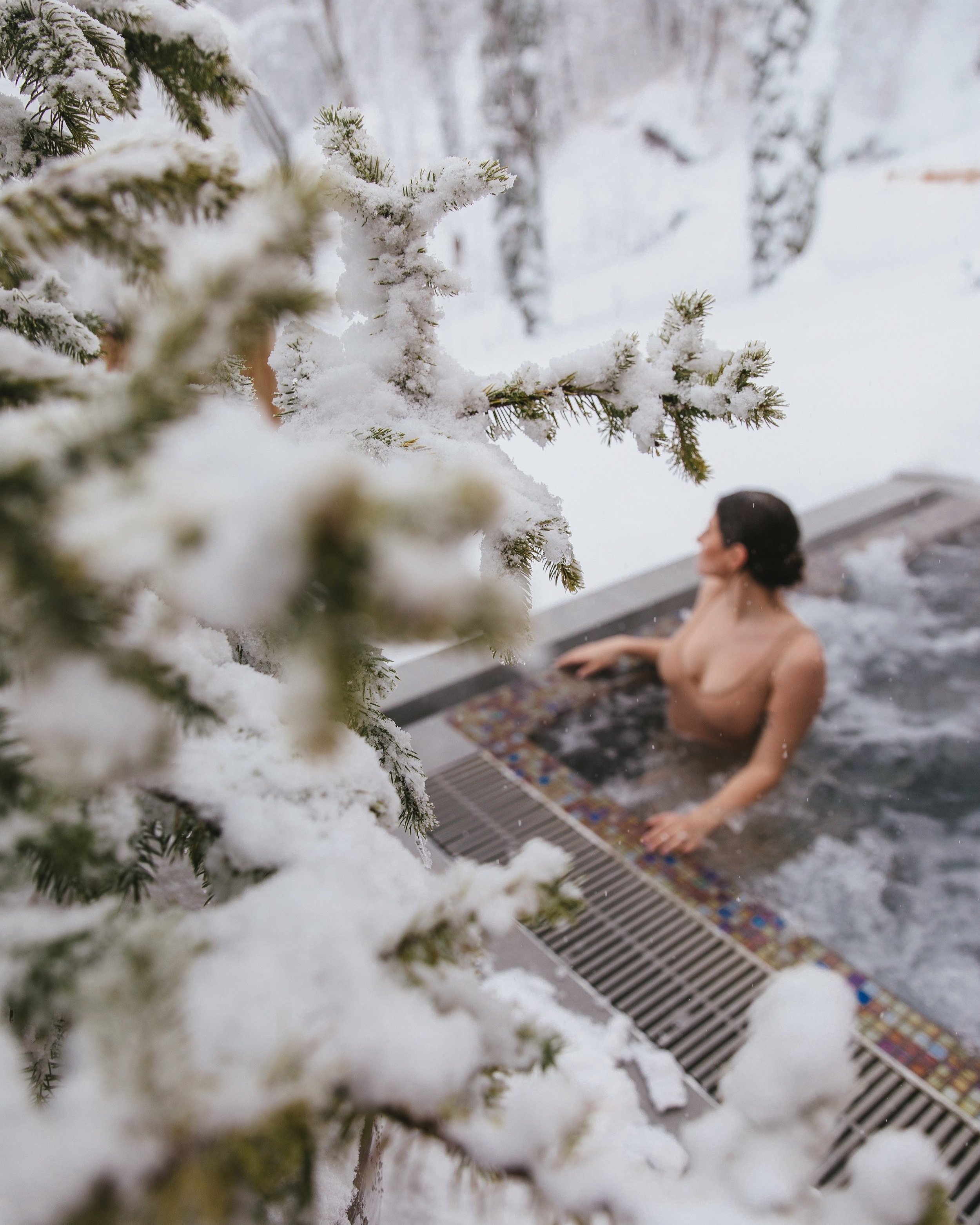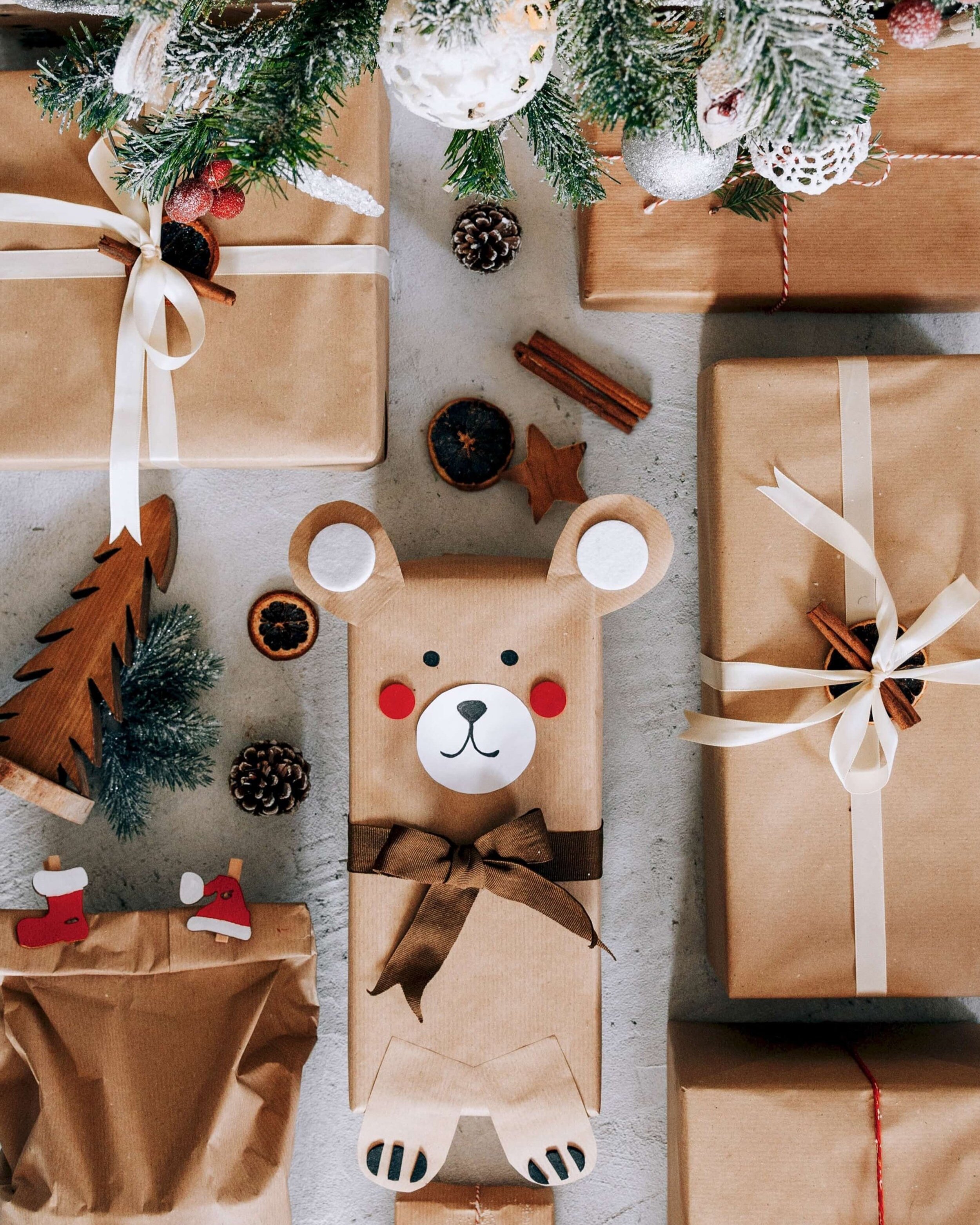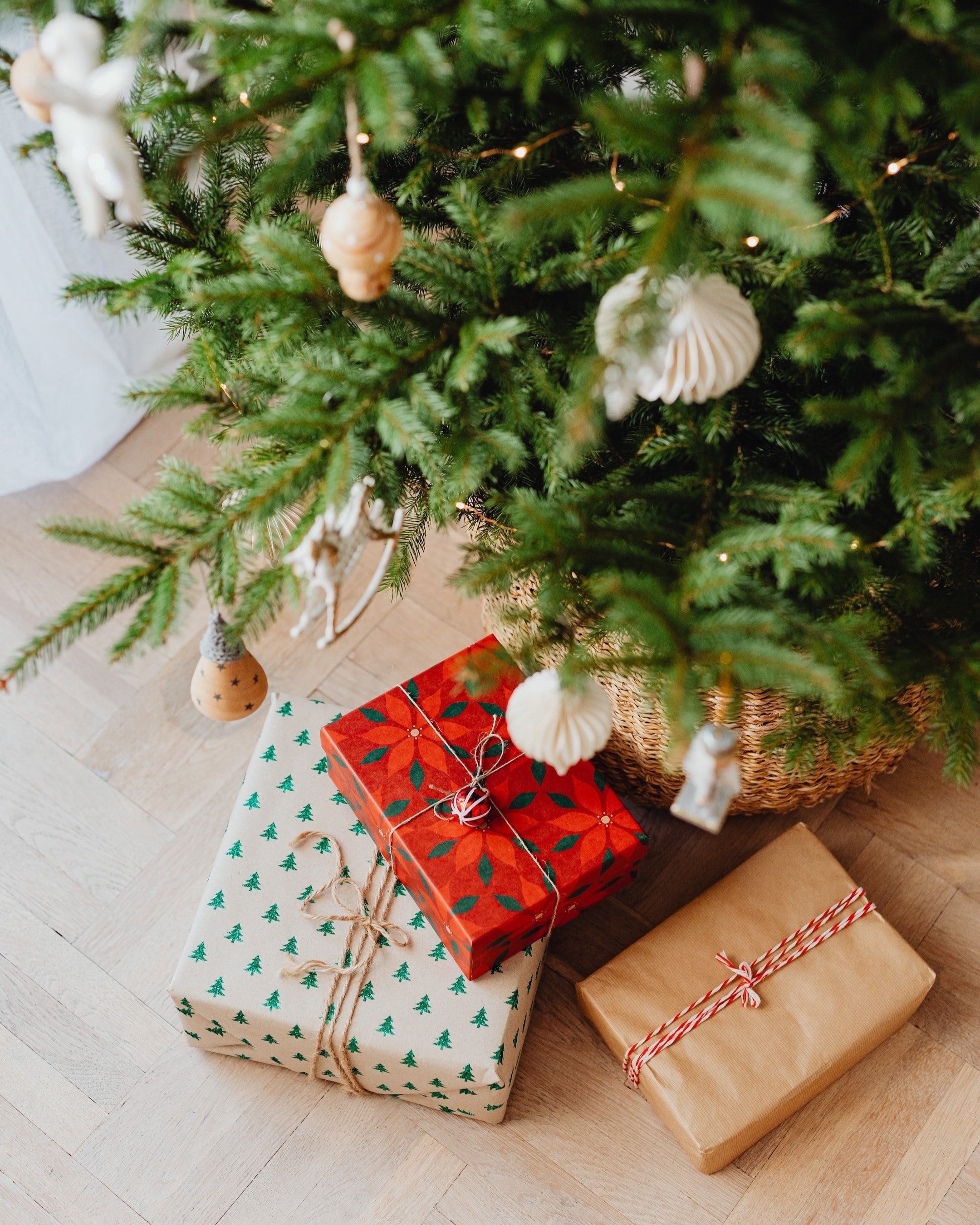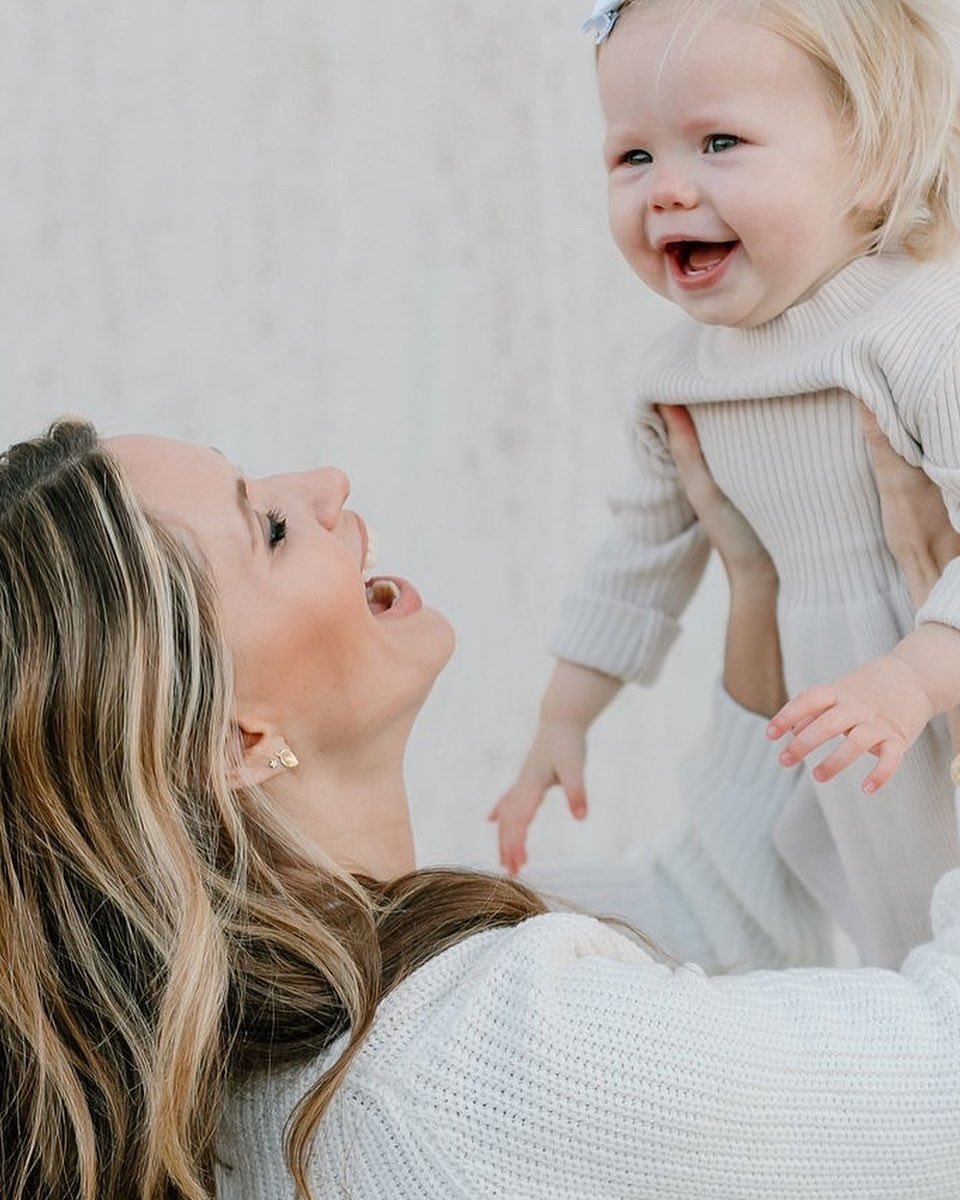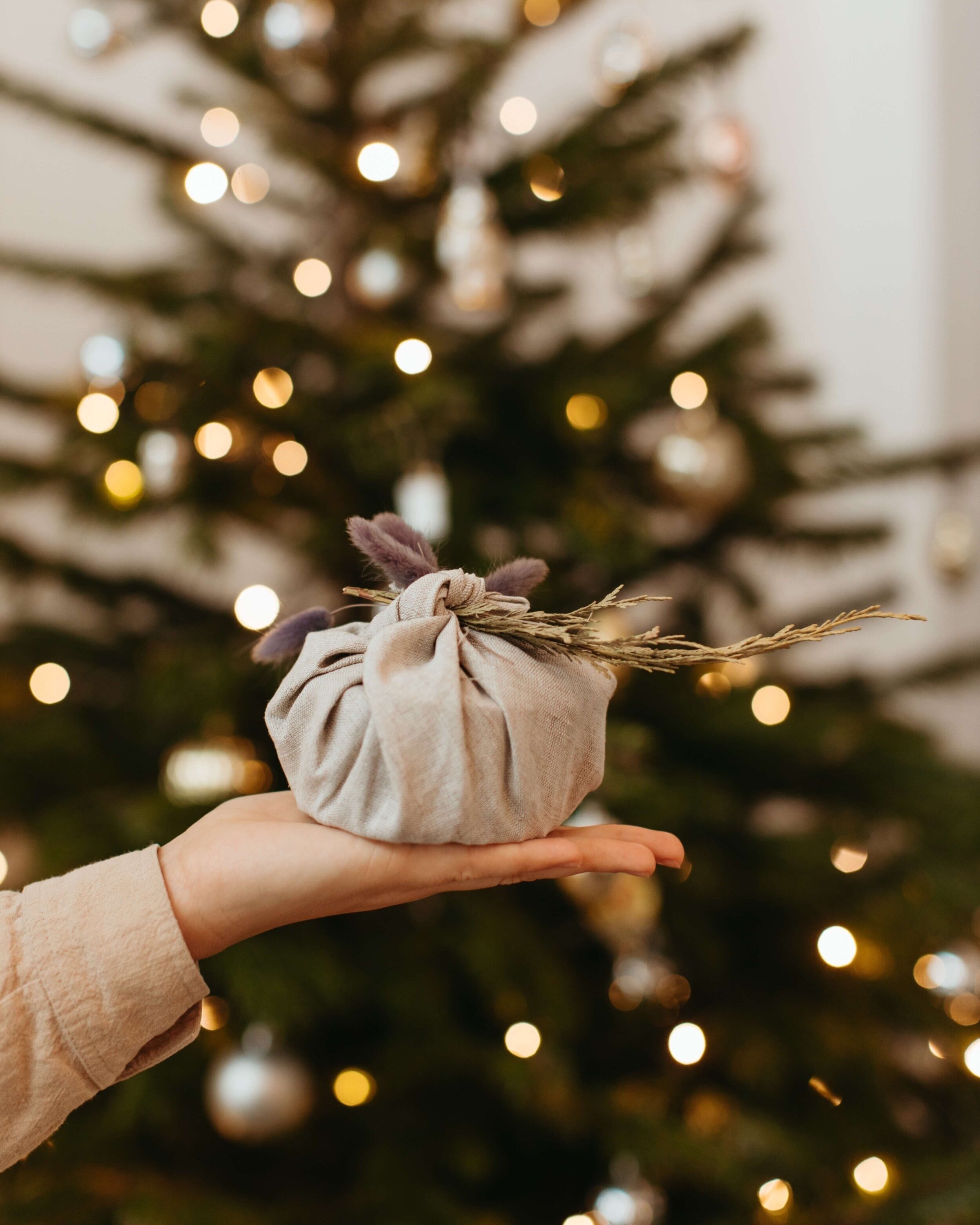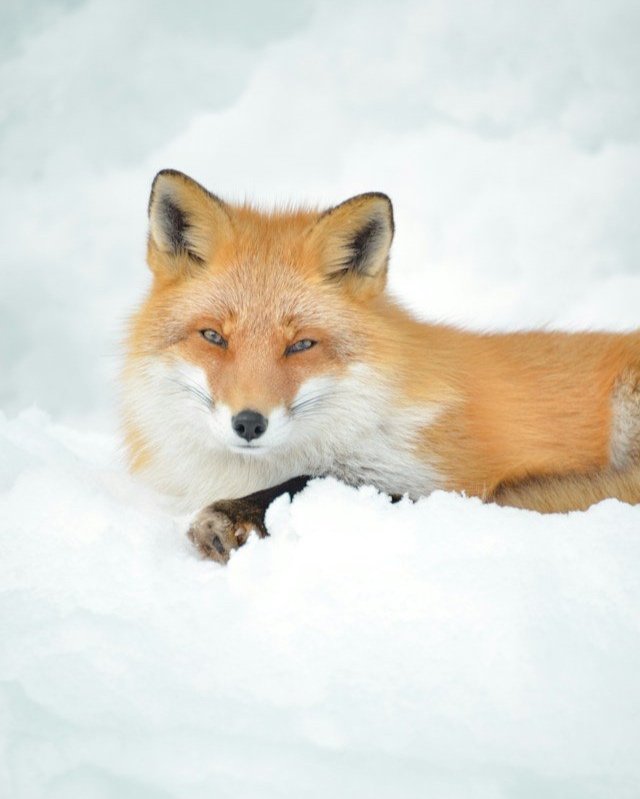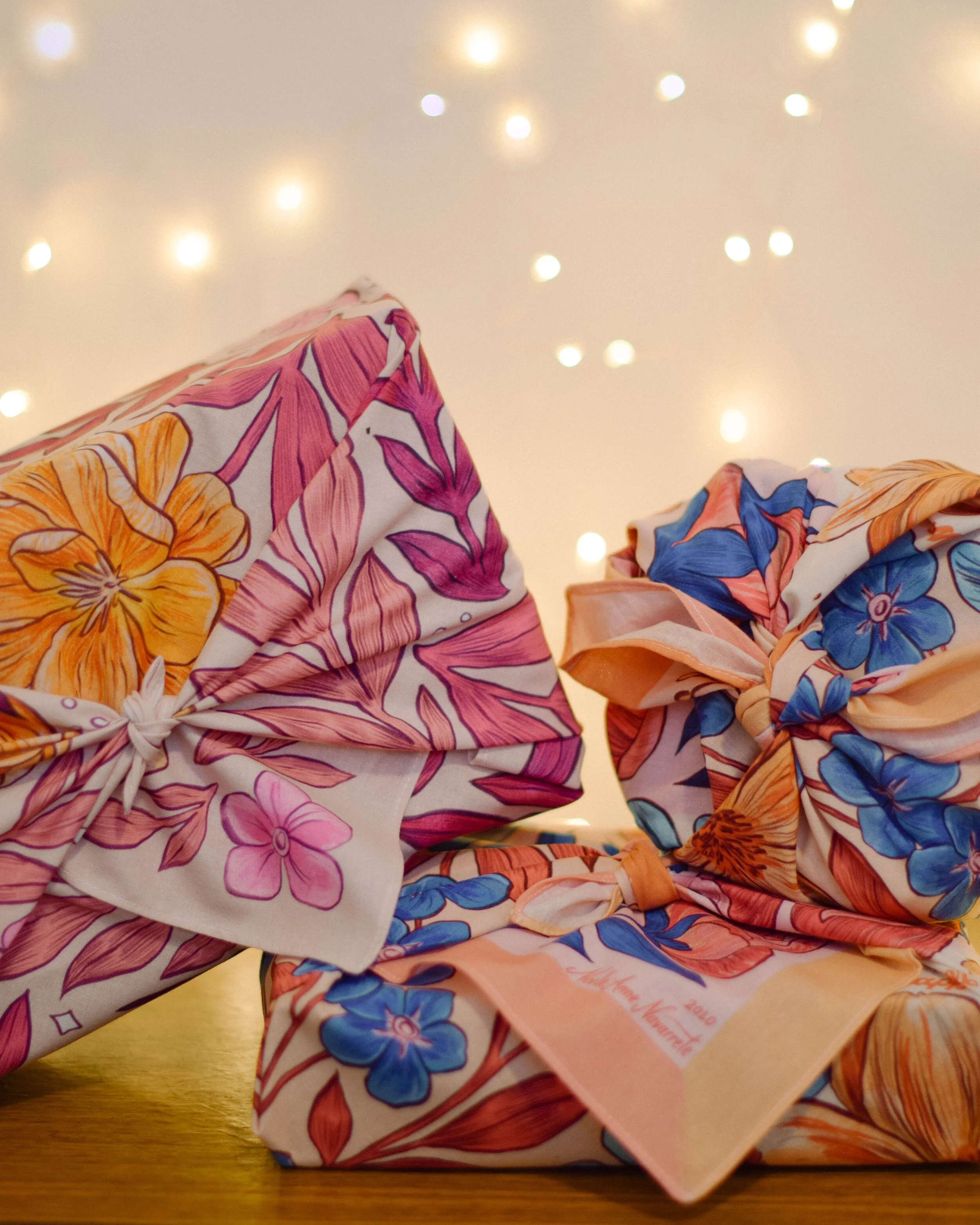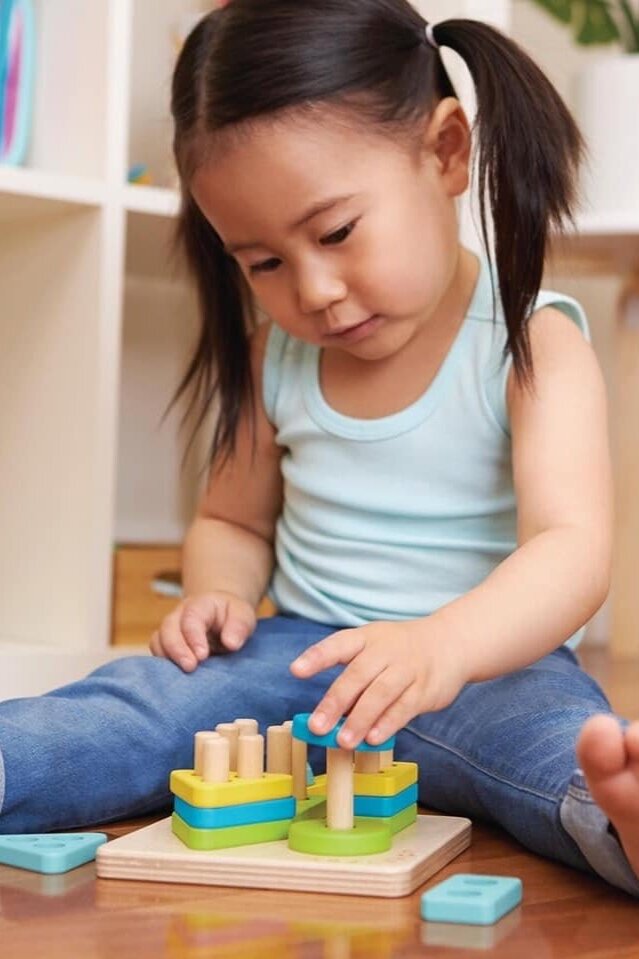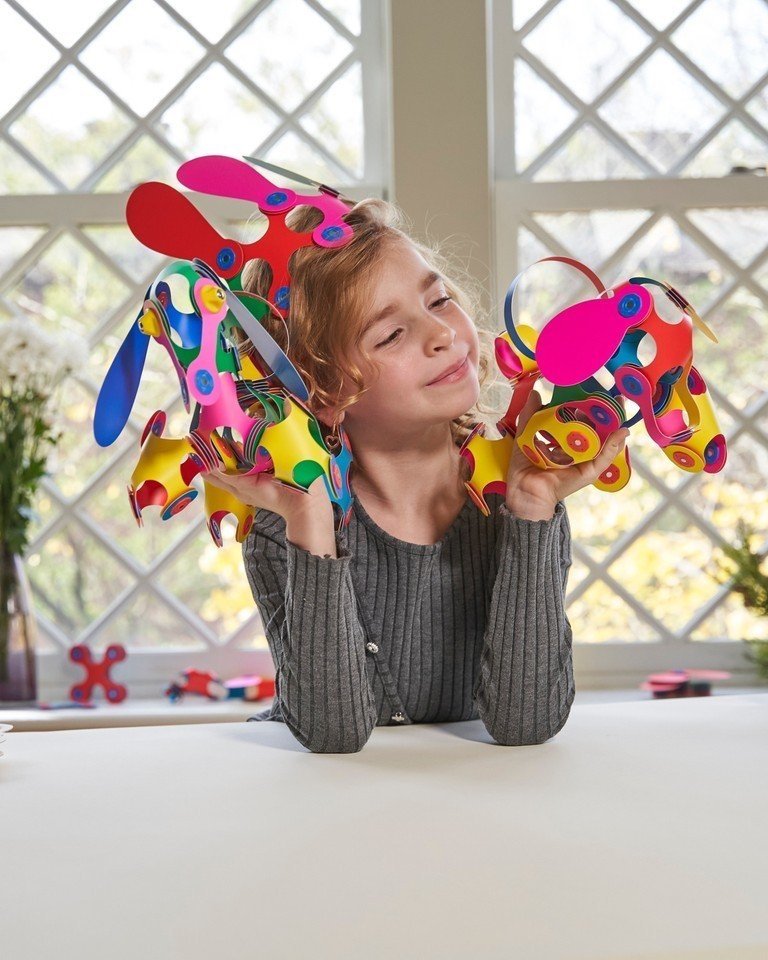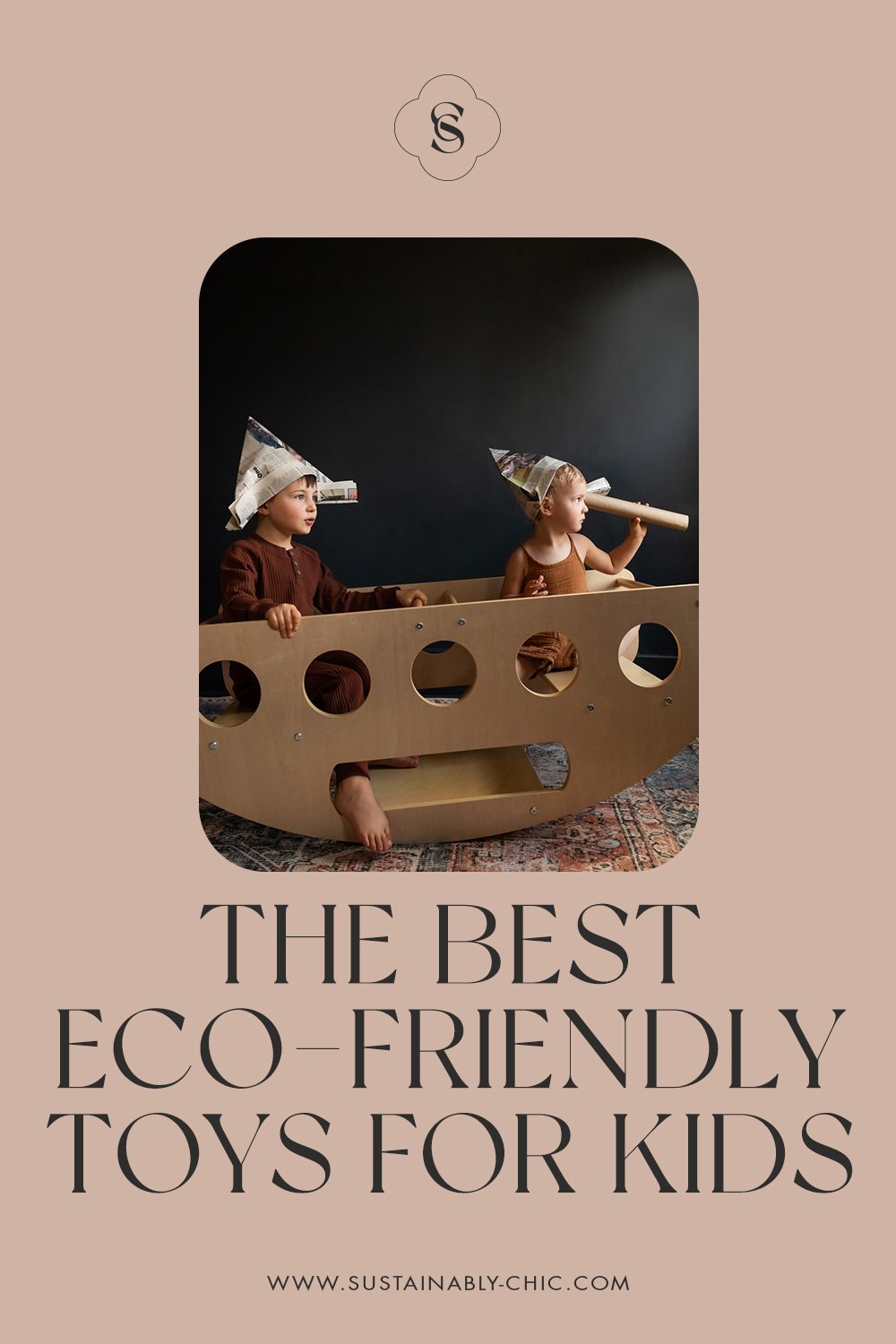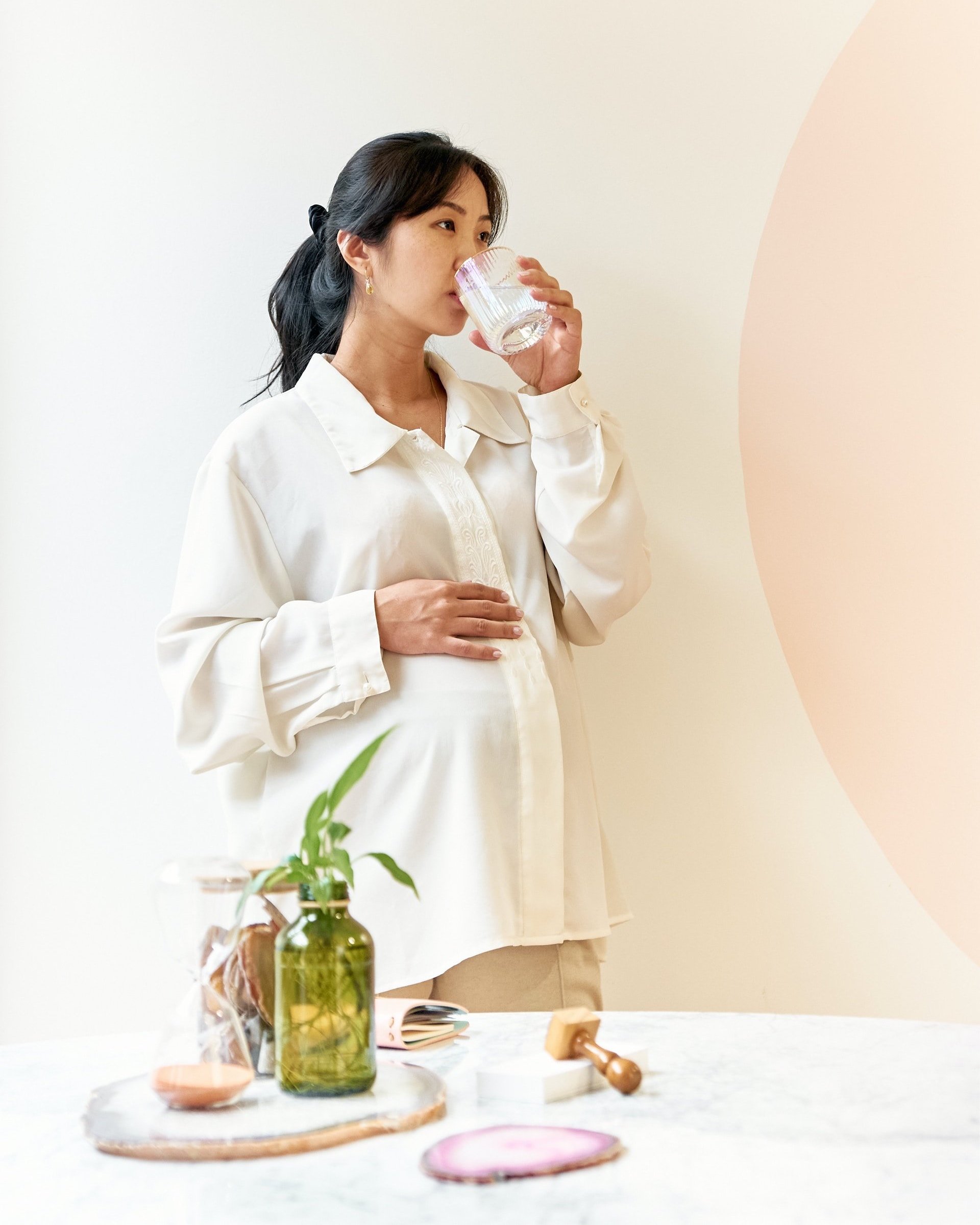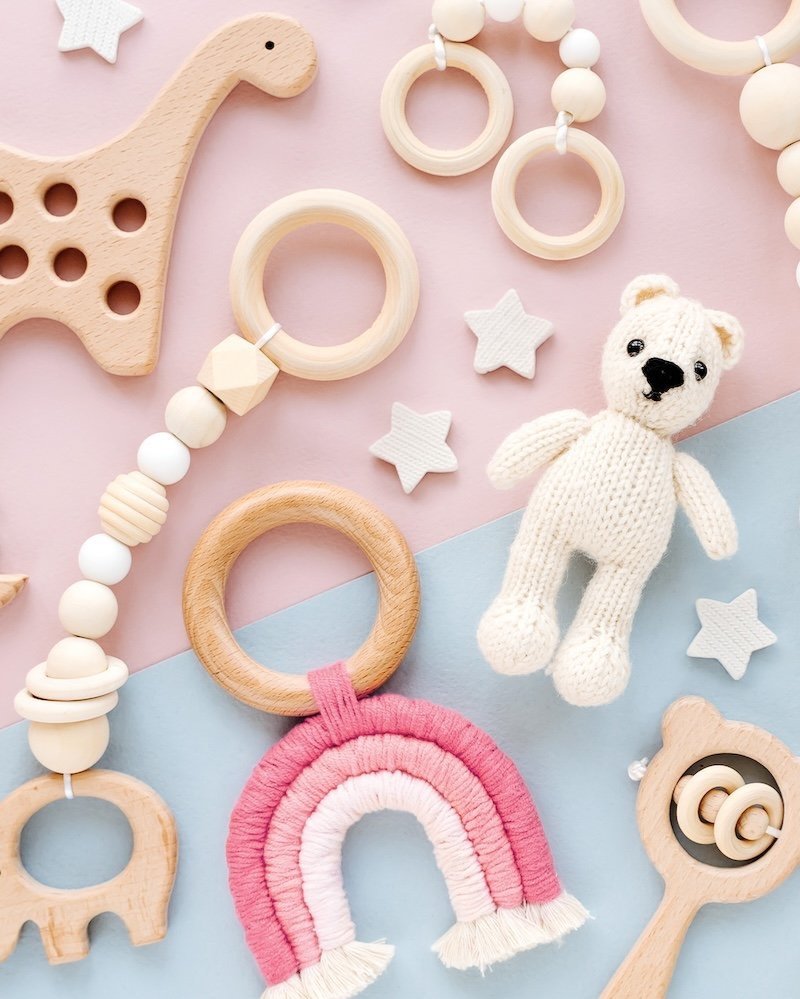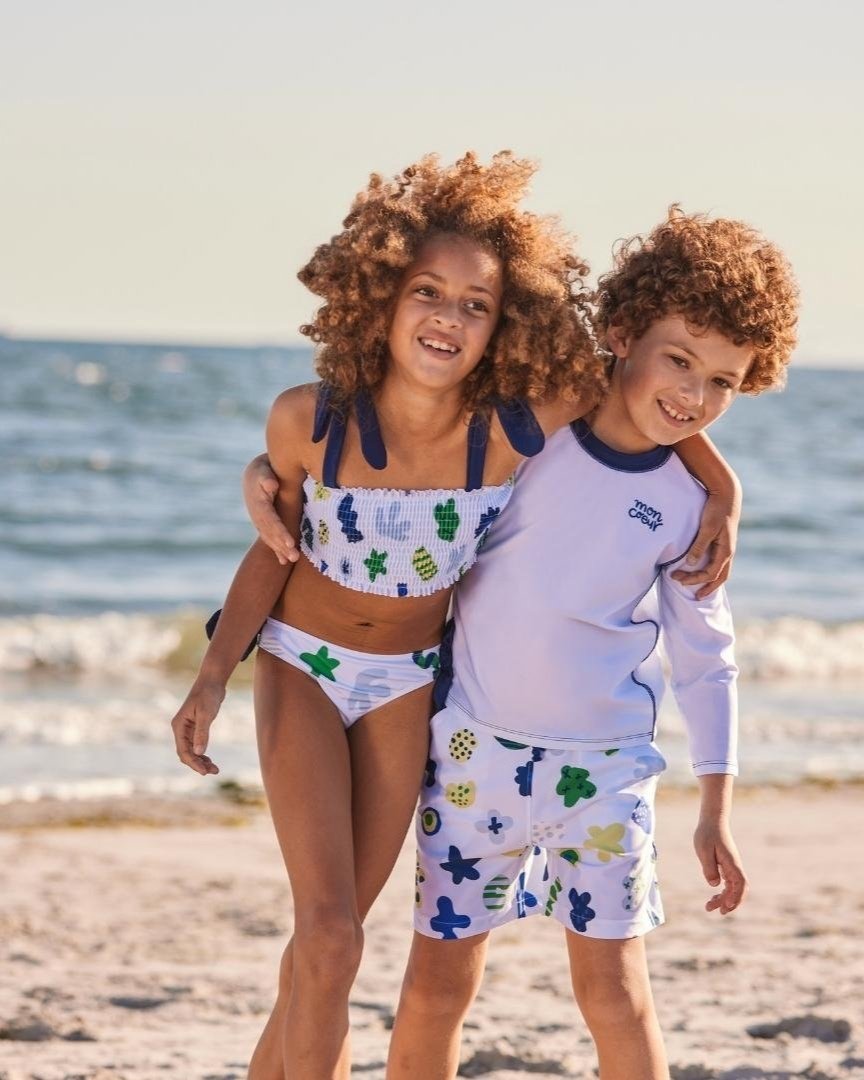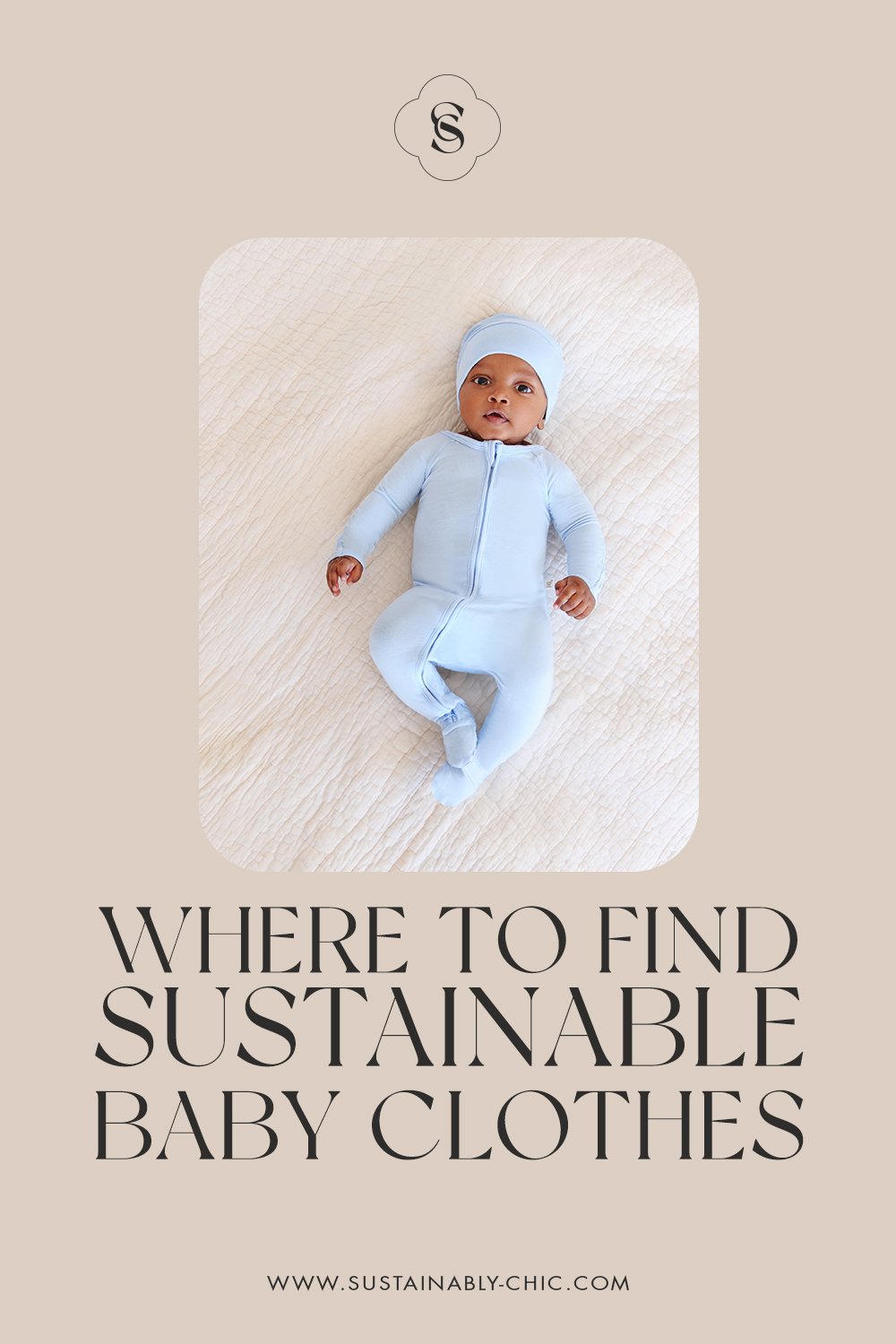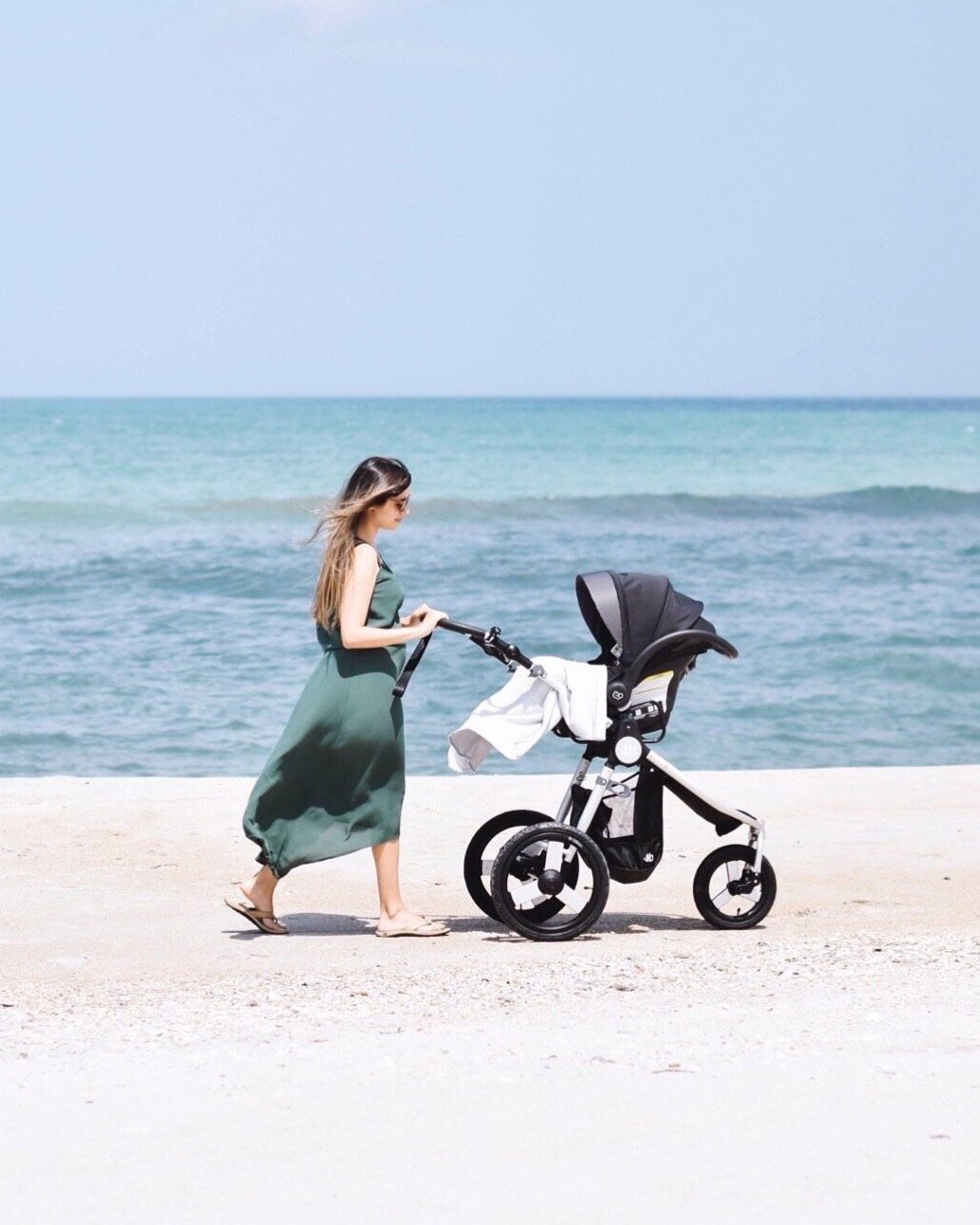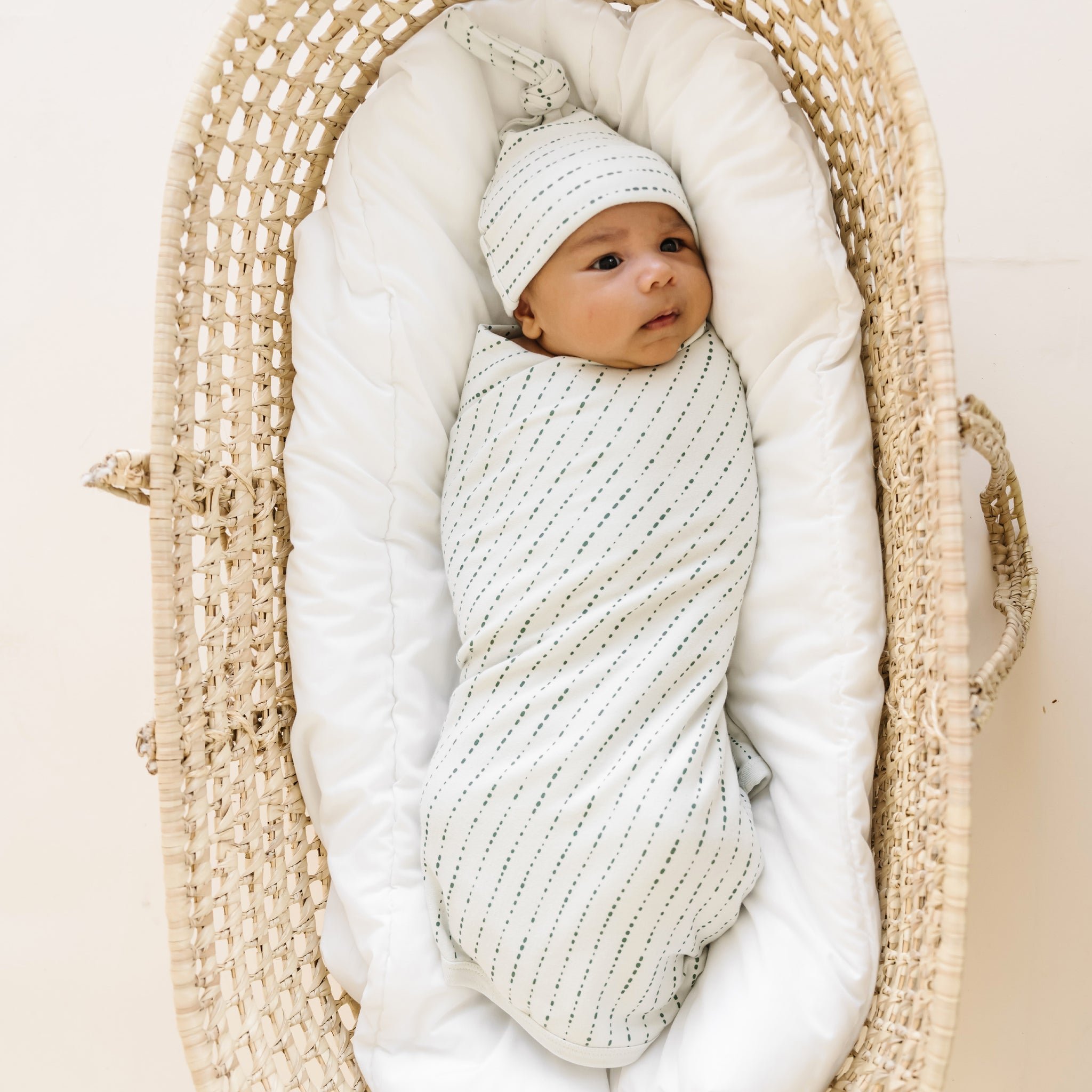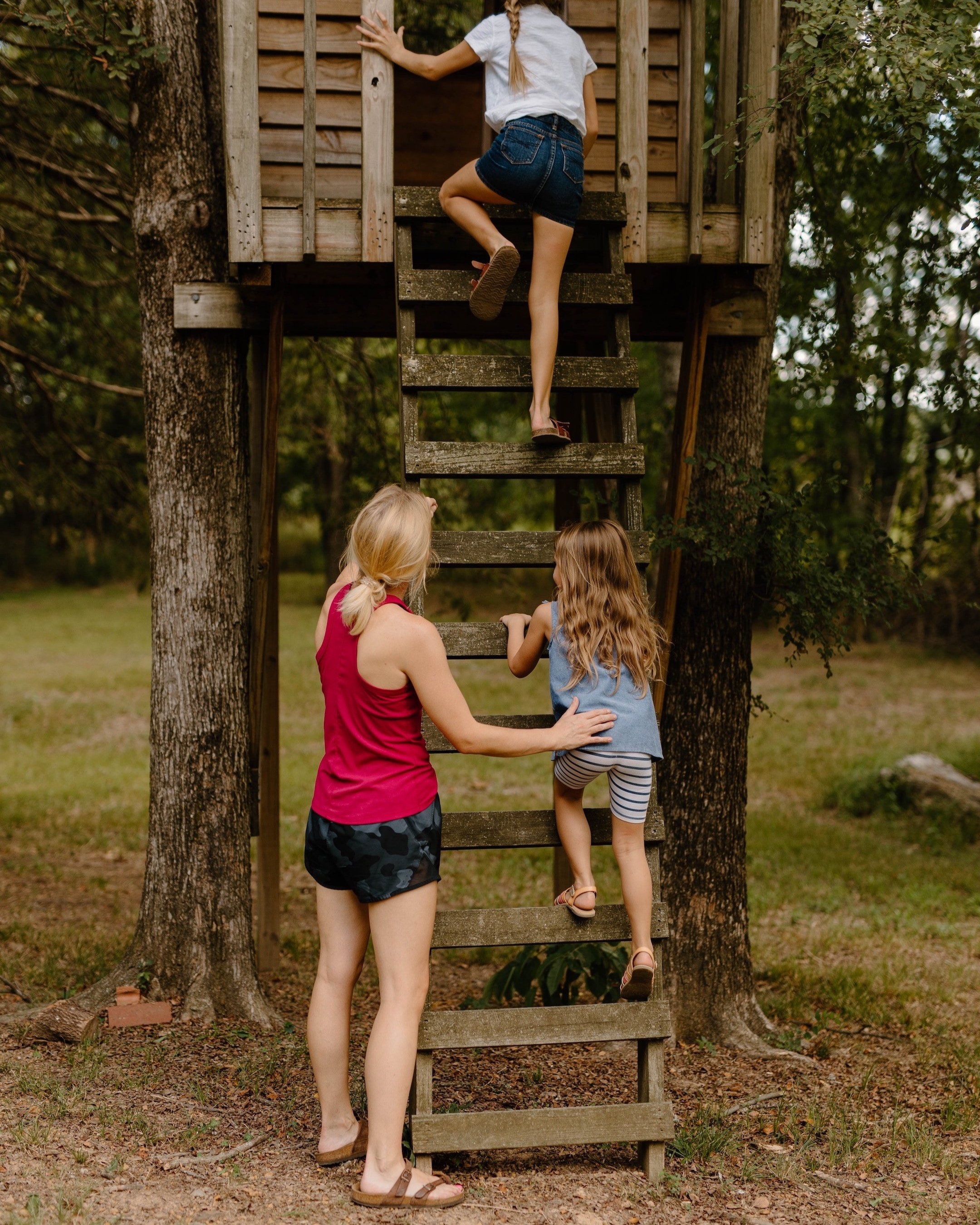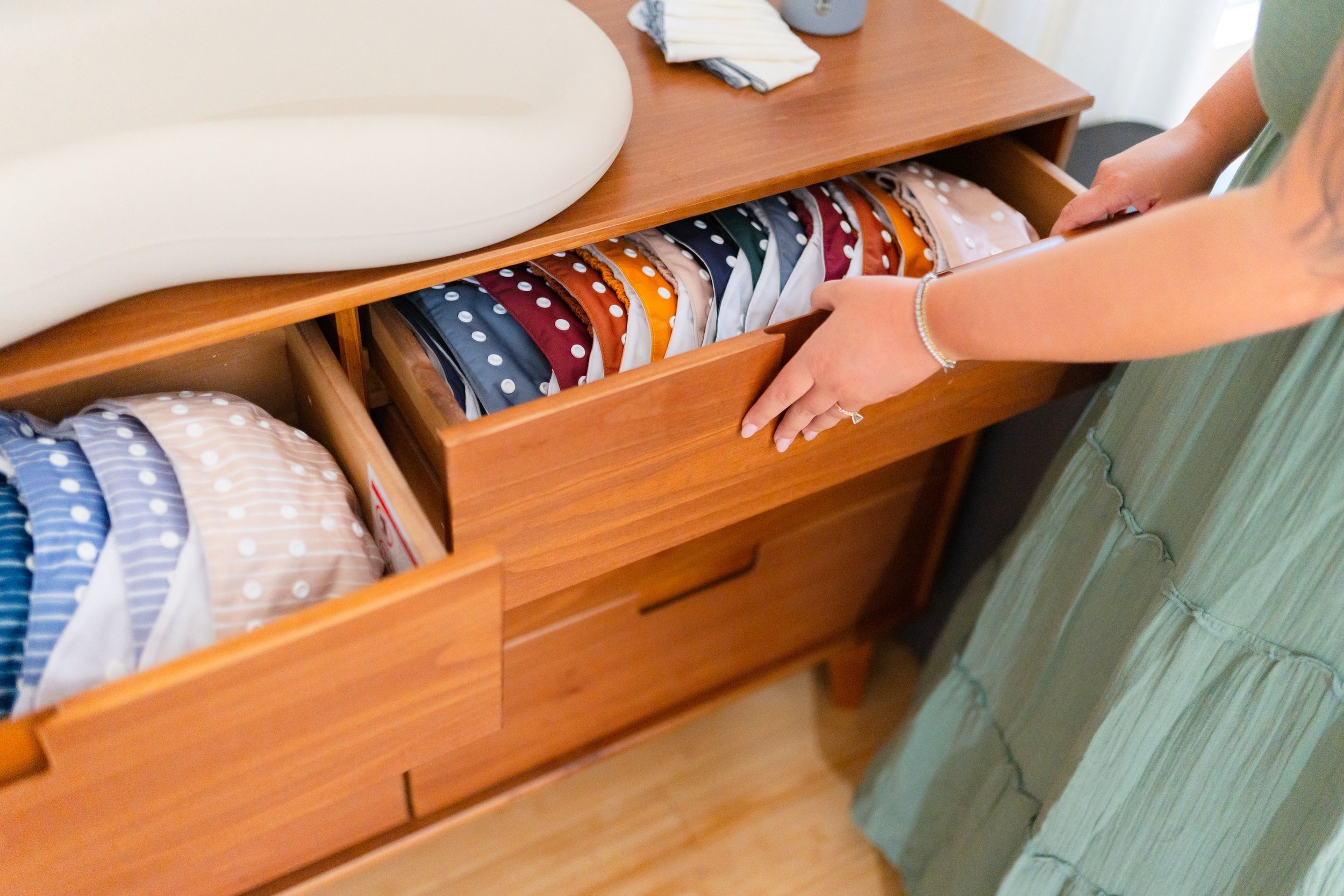Fast Fashion Statistics You Should Know
If there is something fast fashion brands thrive upon, it is a lack of knowledge. This knowledge gap goes from consumers remaining largely ignorant about who makes their clothes, where they are manufactured, or how garments are made.
After all, the fewer consumers know about the unsafe conditions in which their fossil fuels-derived ensembles are made, the more they will profit. Especially given the sheer amount of resources fast fashion brands invest in greenwashing and pinkwashing campaigns to present themselves as environmentally and socially conscious.
What is Fast Fashion?
Fast fashion refers to brands producing high volumes of clothing yearly. Instead of launching new styles twice a year in the traditional spring/summer and winter/fall seasons, fast fashion companies have 52 micro-seasons. This gives consumers ongoing access to new, on-trend clothing at an affordable price.
Since we pay less for our clothes, we value them less. It’s normal to wear something only a handful of times before discarding it. We’re less attached to the clothes we buy because new clothes are cheaper than ever before, and we can buy them online with the click of a button.
As we enter the new year, we can look back to what has emerged about fast fashion over the past year, shedding light on how unethical business practices are still a trademark of this industry, which seems still unwilling to divorce itself from its unsustainable business model kept up on the expenses of textile workers.
1. 1% of prominent fashion brands disclose how many of the workers in their supply chain get paid a living wage
In July 2023, the not-for-profit organization Fashion Revolution published its annual fashion industry transparency report, the Fashion Transparency Index, which the organization has been publishing since 2017.
For the FTI, the organization has evaluated how much information the 250 biggest global fashion companies and retailers disclose about the environmental and human rights policies implemented across their supply chains. These include fast fashion brands such as Shein, boohoo, and Primark.
Only three brands out of the analyzed 250 publicly disclosed how many collective bargaining agreements were reached across their garment supply chains to guarantee workers' wages higher than those required by local labor laws, which are often significantly lower than living wages.
This situation is happening at a time when, in the aftermath of the Covid-10 pandemic outbreak, union busting and government-mandated labor deregulations are diminishing garment workers' chances of making their voices heard.
These same workers are struggling financially amidst a global cost of living crisis, as countless fashion companies do not pay their workers enough to cover basic needs such as housing, food, and healthcare. The brands evaluated in last year's FTI only disclose how many workers in their supply chain get paid a living wage.
2. In 2023, the global fast fashion market estimated value amounted to $122.98 billion
Despite the low workers' wages, poor working conditions, and environmental impact, fast fashion is still a billion-dollar sector, as its ubiquitousness in people's closets would suggest, and its value is rising.
Research and Markets Fast Fashion Global Market Report 2023 predicted that the market would have grown from $106.42 billion in 2022 to $122.98 billion in 2023.
3. Only 25% of textile and garment workers received their full wages after the Türkiye earthquake
Last February, an earthquake hit Türkiye, a critical textile and garment production region. In the aftermath of this natural disaster, the health and well-being of the garment workers in the area were not safeguarded by their employers, whose factories supply widely-known fast fashion brands, including Zara and H&M.
A 2023 report by the unions and labor rights organizations' network Clean Clothes Campaign revealed that many workers had to return to their jobs without a secure place to reside, with 104 out of 130 workers reporting housing and related issues after the earthquake.
While struggling with such issues, workers had to return to the facilities where they worked before they underwent any structural safety checks. Most of these workers were also left to fend for themselves financially, as they had not been paid their full salary during the event.
"We had difficult days. We were hungry and thirsty. We were homeless. The factory did not support us. The state did not support us at all." One of the garment viewers interviewed for the report said, highlighting how workers paid the highest price in the fashion industry even after such a calamity.
4. A survey revealed that UK consumers consider H&M, Nike, Primark, M&S, and Amazon the most sustainable retailers
The report 2023 Green Is The New Black by UK data and news provider Retail Week revealed surprising data about 1,000 British consumers' perceptions of what makes a retailer sustainable.
Despite the many scandals, many UK consumers perceive multiple fast fashion brands as doing business sustainably. So much so that fast fashion giant H&M has been picked as the most sustainable among retailers and retail brands by the consumers participating in the survey.
5. 99% of fashion brands do not disclose a commitment to cut the number of items they create
The definition of fast fashion can be slippery and even somewhat divisive, as many factors can determine how sustainable a fashion company is. Yet, a business model that prioritizes growth at any cost and archives it through overproduction is a crucial indicator we can look for when trying to understand if a company is fast fashion.
Last year, Fashion Revolution's Fashion Transparency Index looked at brands' attitudes towards degrowth and the overproduction model that characterizes much of today's fashion industry.
In the world of fast fashion, overproduction is the emperor's new clothes (pun intended). It might be a subject gleefully ignored in the many greenwashing stunts fast fashion companies have pulled in the last decade. Yet, it is one of the main reasons today's fashion comes at such a high environmental cost.
Despite this, the report reveals that 99% of fashion brands do not disclose a commitment to cut the number of items they create. In addition, brands also tend to keep their production volumes to themselves, as 88% don't publicly disclose their annual production volumes.
6. By the end of July 2023, there have been 314 documented cases of alleged labor and human rights violations against garment workers in Myanmar
On February 1, 2021, the Myanmar military seized power through a coup. Since then, the country's garment workers have been involved in the Civil Disobedience Movement.
The Business & Human Rights Resource Centre and its partners and collaborators have been tracking the labor and human rights abuses inflicted against the country's garment workers, which has been on the rise since the military coup. These garment workers work in the supply chains of major international fashion brands like H&M Group, Inditex, and Primark.
These abuses against Myanmarian garment workers include wage reduction and theft, Gender-based violence and harassment, and attacks on these workers' civil liberties. By the end of July 2023, two years after the coup, there were 314 documented cases of alleged labor and human rights violations against garment workers in the Southeast Asian nation.
7. In the United States, the average return rate of online clothing orders is 24.4%
The issue of overproduction in the fashion industry has a plethora of consequences in terms of environmental impact. One is the number of returns, which come with hefty prices for the planet.
According to a 2023 report by Coresight Research, US apparel brands and retailers experience a high return rate of 24.4% for online orders. Returns equal extra emissions and often result in clothing getting landfilled.
The British Fashion Council's (BFC) Institute of Positive Fashion (IPF) has looked into the industry returns issue on the other side of the pond and published their findings in their 2023 report Solving fashion's product returns.
This report showed that more than half of the returned items of clothing end up in landfills and that these returns generated an estimated 750,000 tonnes of CO2 emissions in the UK in 2022 alone.
8. The amount of fiber produced globally increased from around 112 million tonnes in 2021 to 116 million tonnes in 2022
On December 1, 2023, the non-profit company Textile Exchange published last year's edition of its annual report about the world's fibers and materials production volumes, the Materials Market Report 2023.
From the report, a piece of data emerged that tells the scale of overproduction in the apparel, fashion, and textile industries. In fact, Textile Exchange's Materials Market Report last year reported that global fiber production rose from about 112 million tonnes in 2021 to 116 million tonnes in 2022.
Suppose these industries were to apply a "business-as-usual" policy despite the sector's widespread impact on climate change and pollution. In that case, Textile Exchange predicts that this number could reach 147 million tonnes by 2030.
9. 76% of the items sent to fast fashion take-back schemes were destroyed, left in warehouses, or shipped to African countries
Many fast fashion brands have implemented and widely advertised take-back schemes to allegedly keep clothes in the loop and out of landfills.
An investigation conducted by the Changing Markets Foundation into fast fashion companies' clothing take-back schemes has revealed that their effectiveness might be significantly lower than customers expect. The organization tracked 21 goods from 10 fashion brands between August 2022 and July 2023.
It turned out that 16 of 21 pieces were either burned, stored in warehouses, or shipped to the African continent, where up to half of the old apparel gets disposed of or shredded for other purposes.
10. Polyester accounted for 54% of the global fiber market
The production and end-of-life of virgin fossil-based materials such as polyester, spandex, and nylon impact the environment, people, and animals.
Despite the plethora of environmental issues connected to the life cycle of these materials, their popularity has remained strong in recent times.
According to Textile Exchange, polyester, a material omnipresent in the collection of fast fashion brands worldwide and the most widely used synthetic fiber, maintained its position as the most extensively produced fiber in 2022, as revealed by the Materials Market Report 2023.
According to the report, this material production has risen from 2021 to 2022, going from 61 million tonnes in 2021 to 63 million tonnes in 2022.
The fast fashion industry employs this material so widely that, on its own, it accounts for 54% of the global fiber market.
About the Author
Roberta Fabbrocino is a journalist specialized in climate change and sustainability-related topics. Her articles have been published in several international eco-publications. Roberta also works as a content writer for sustainable companies.
MAKE SURE TO PIN THE PHOTO BELOW TO SAVE THIS POST FOR LATER!
WANT TO FIND SUSTAINABLE BRANDS? VISIT OUR BRAND DIRECTORY!
Our Brand Directory is home to hundreds of sustainable brands, from makeup to cleaning supplies, from underwear to shoes. We have broken everything down by category for easy shopping, along with discount codes unique to Sustainably Chic viewers.





